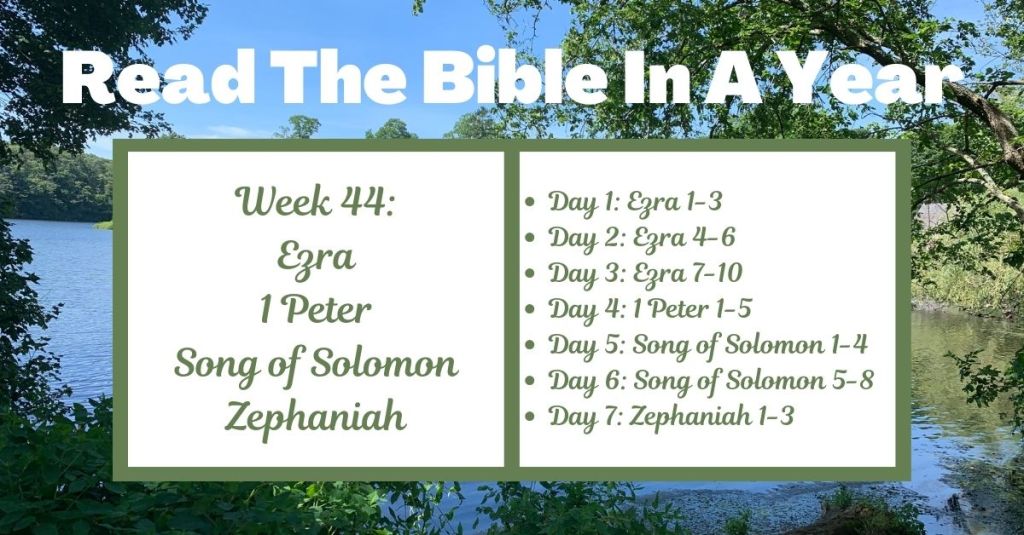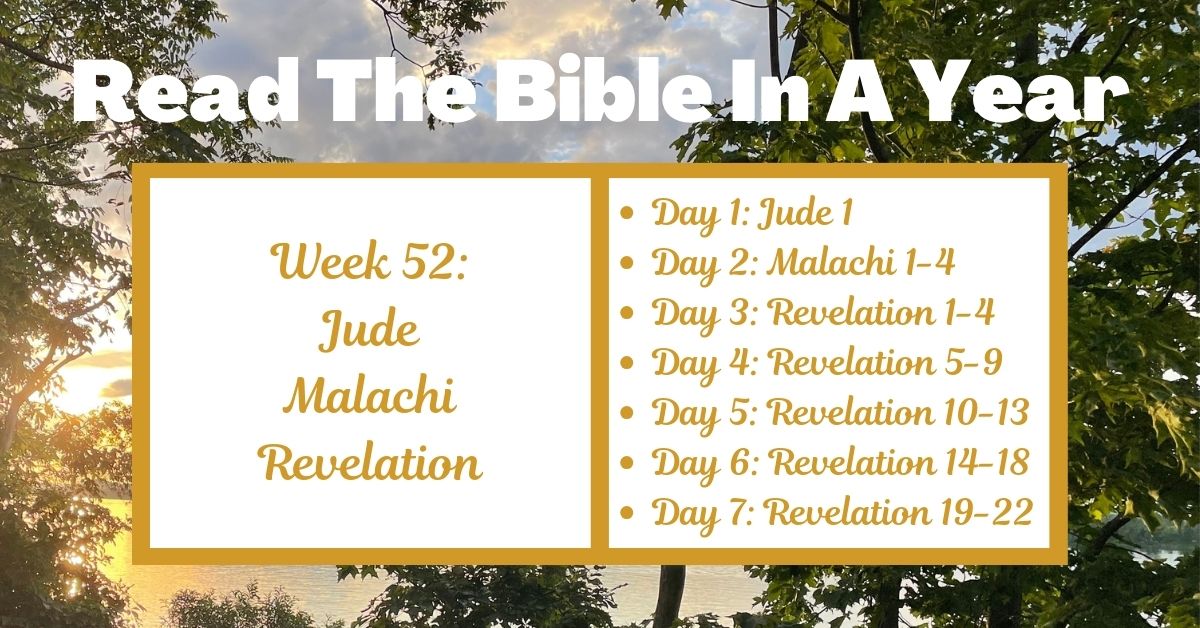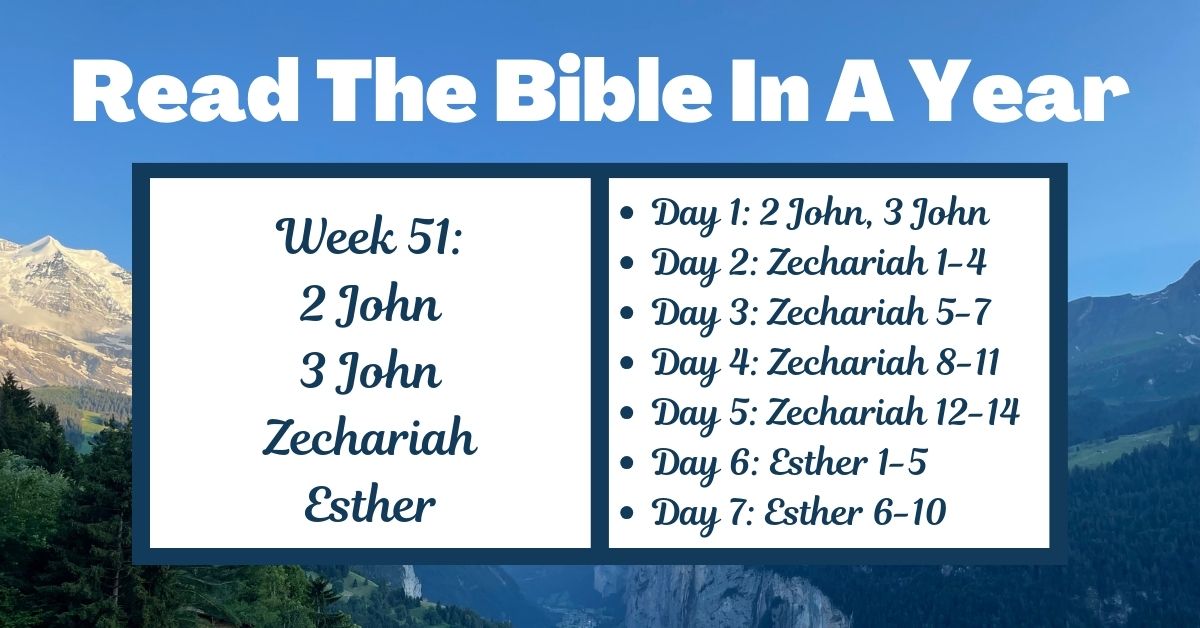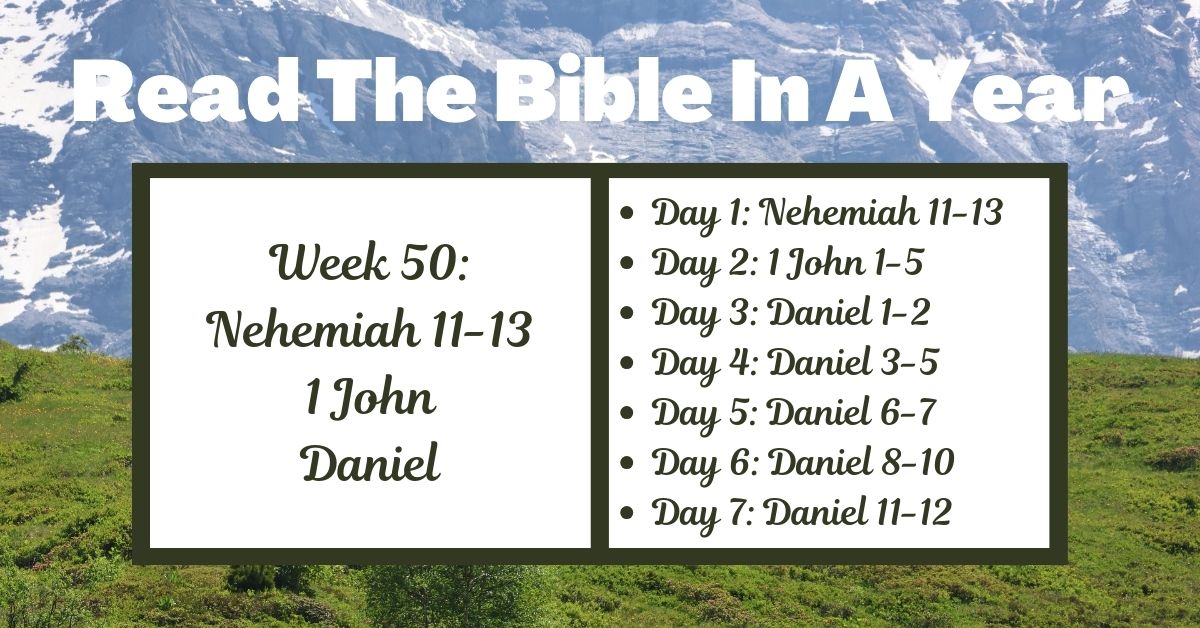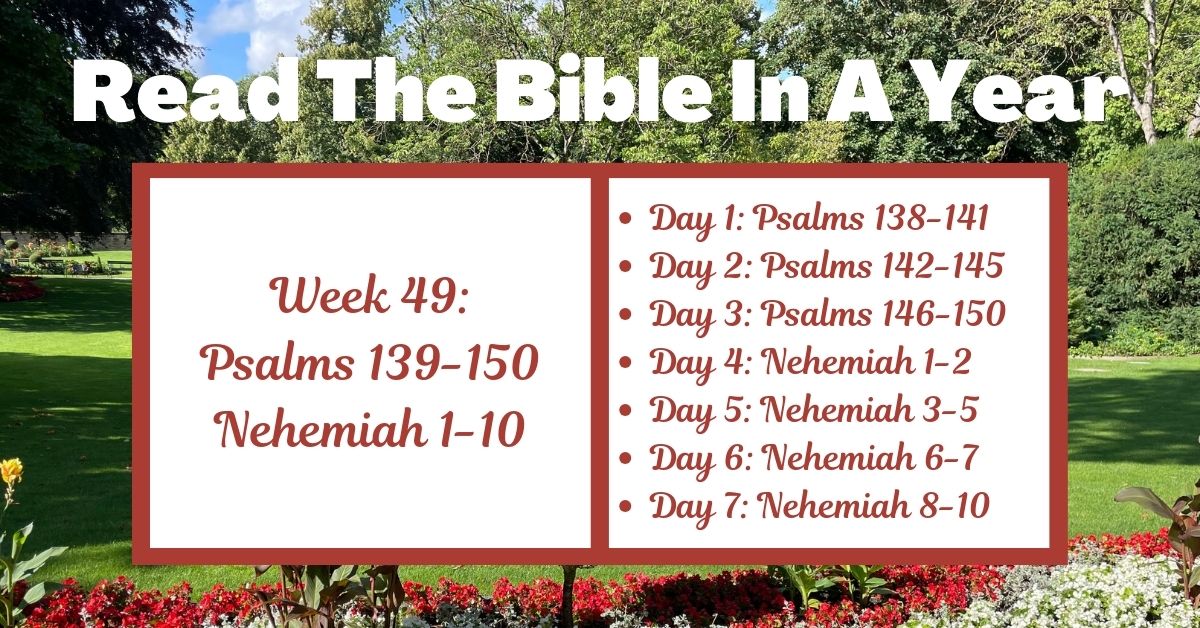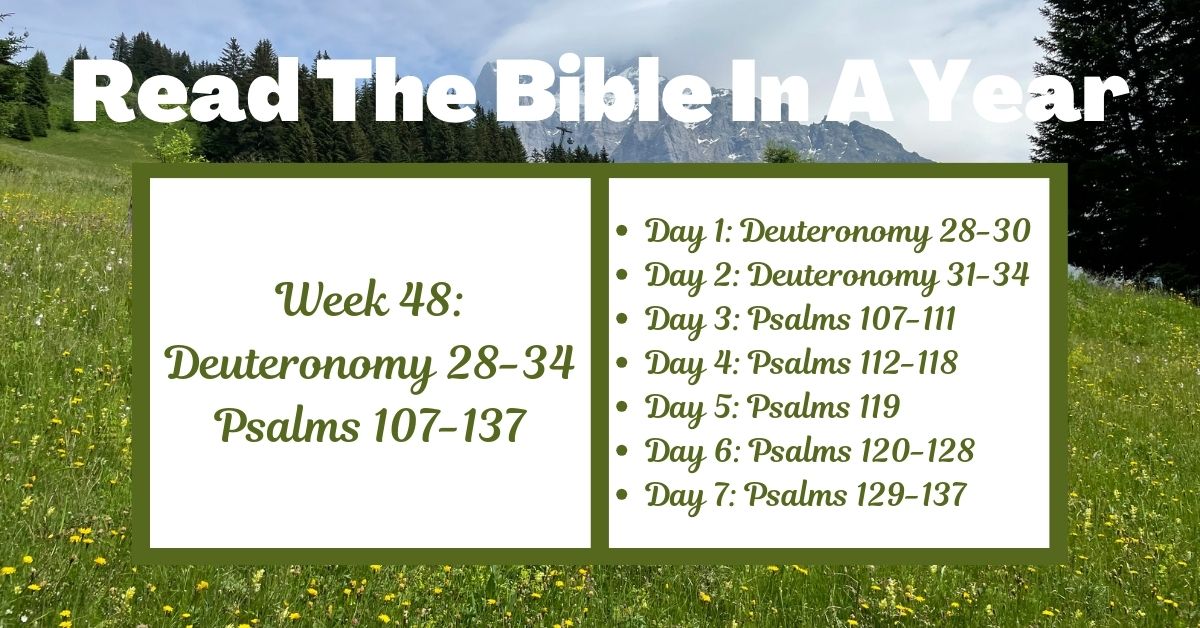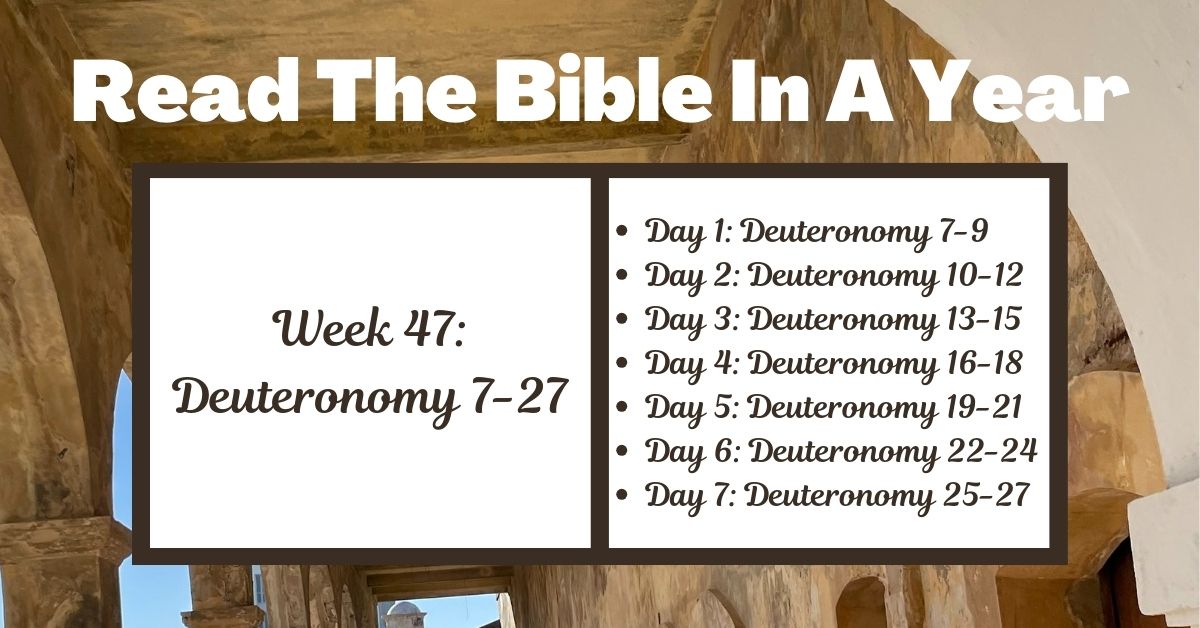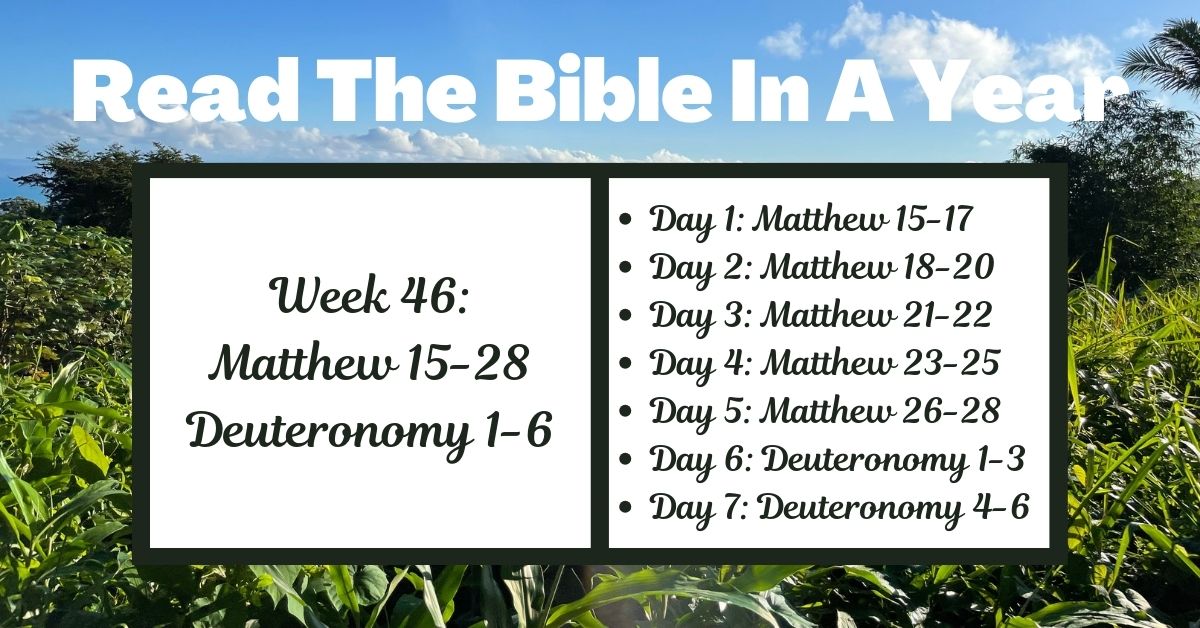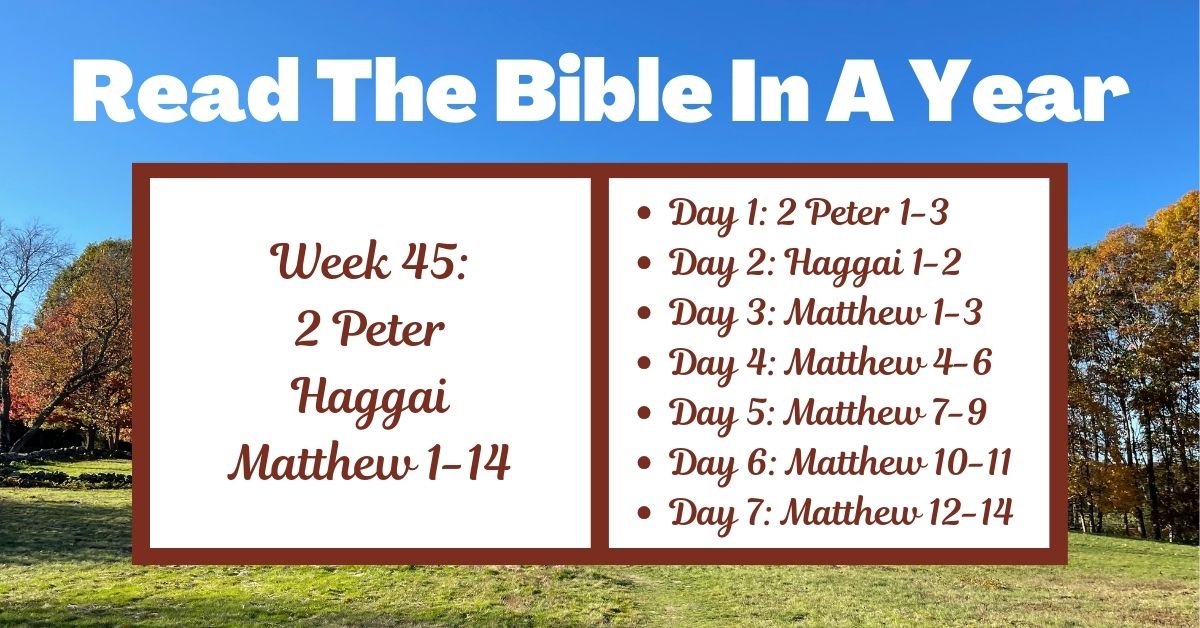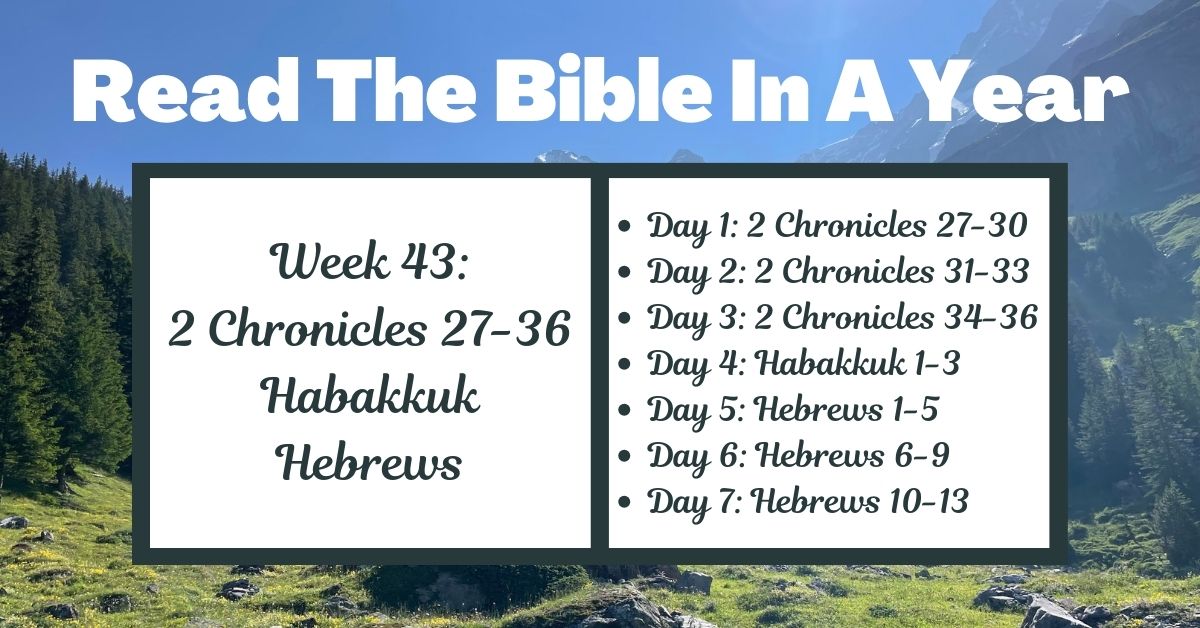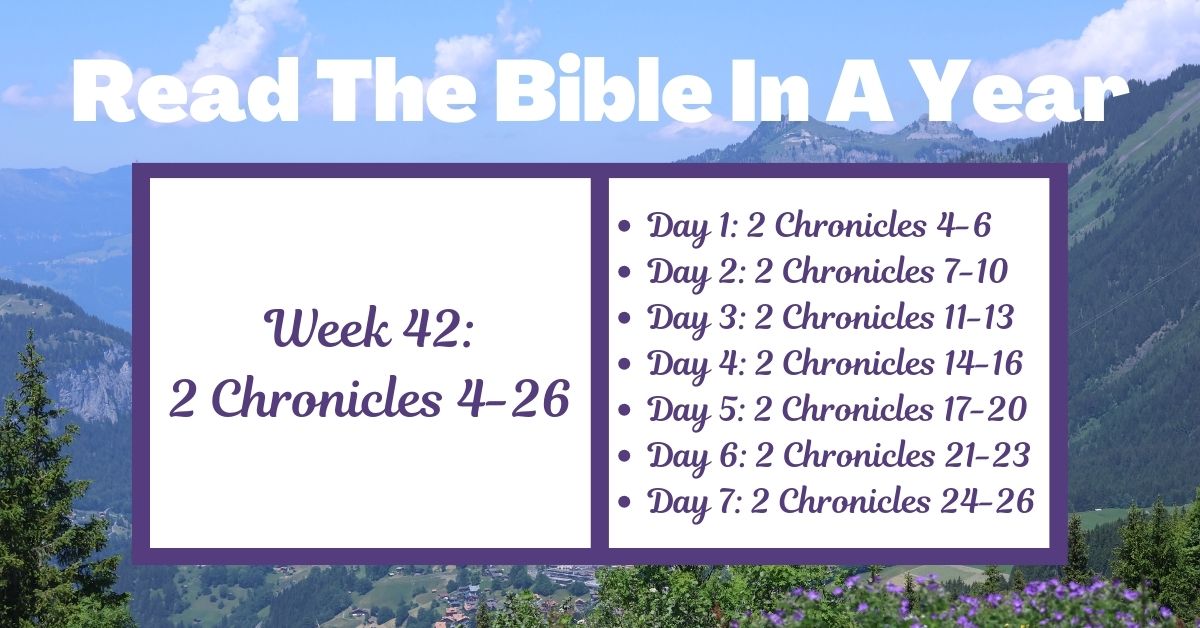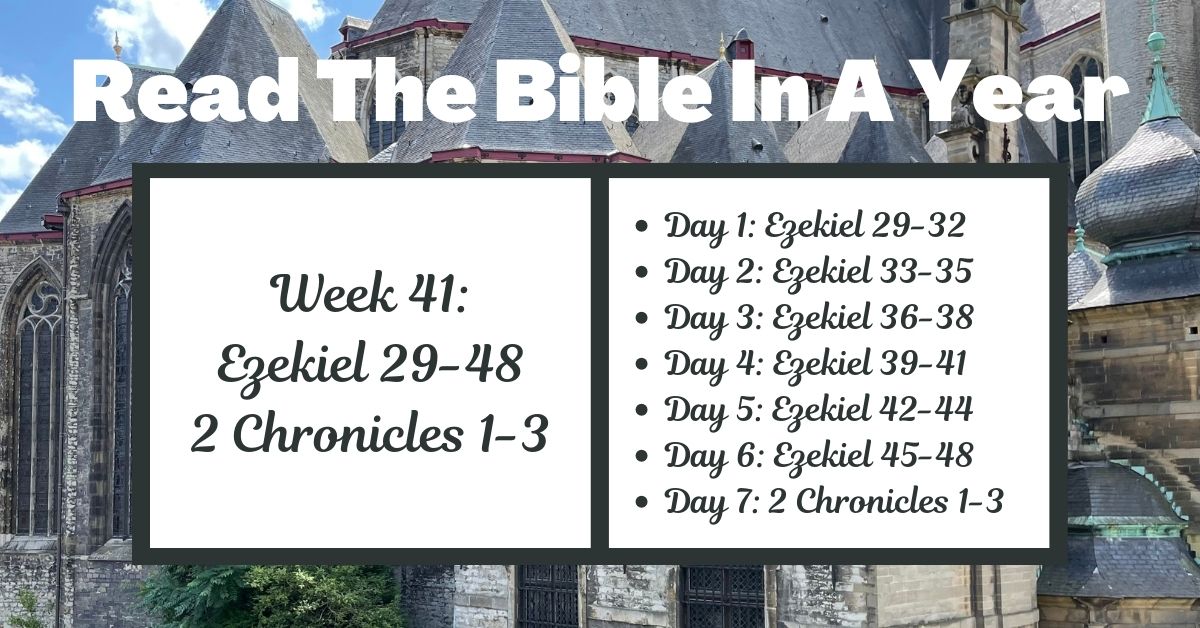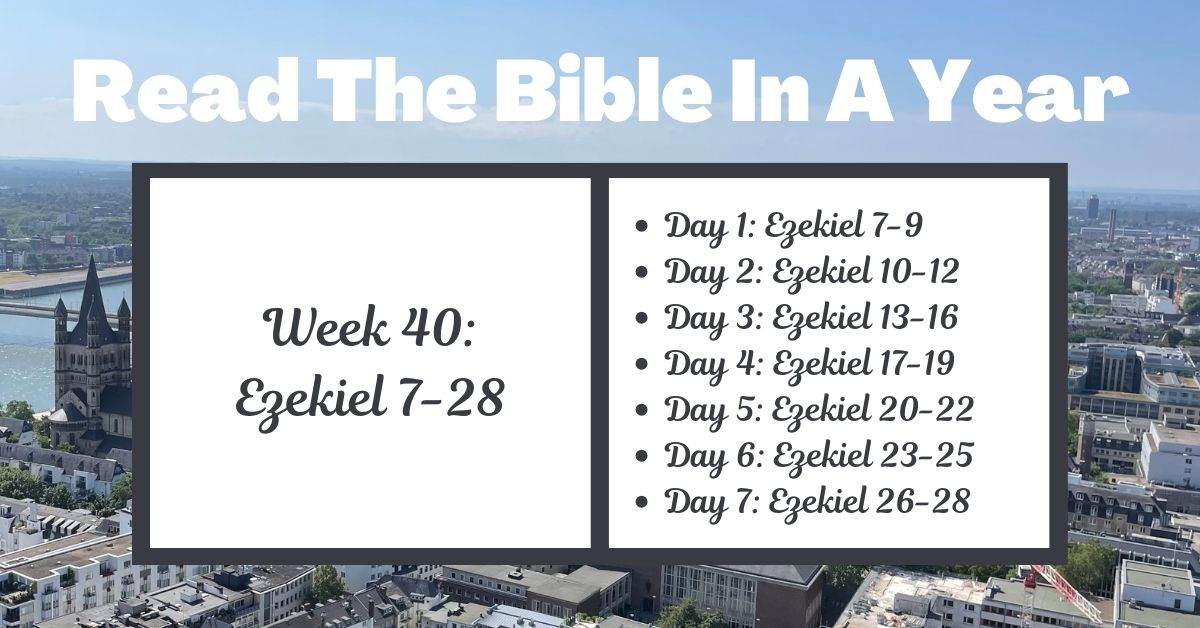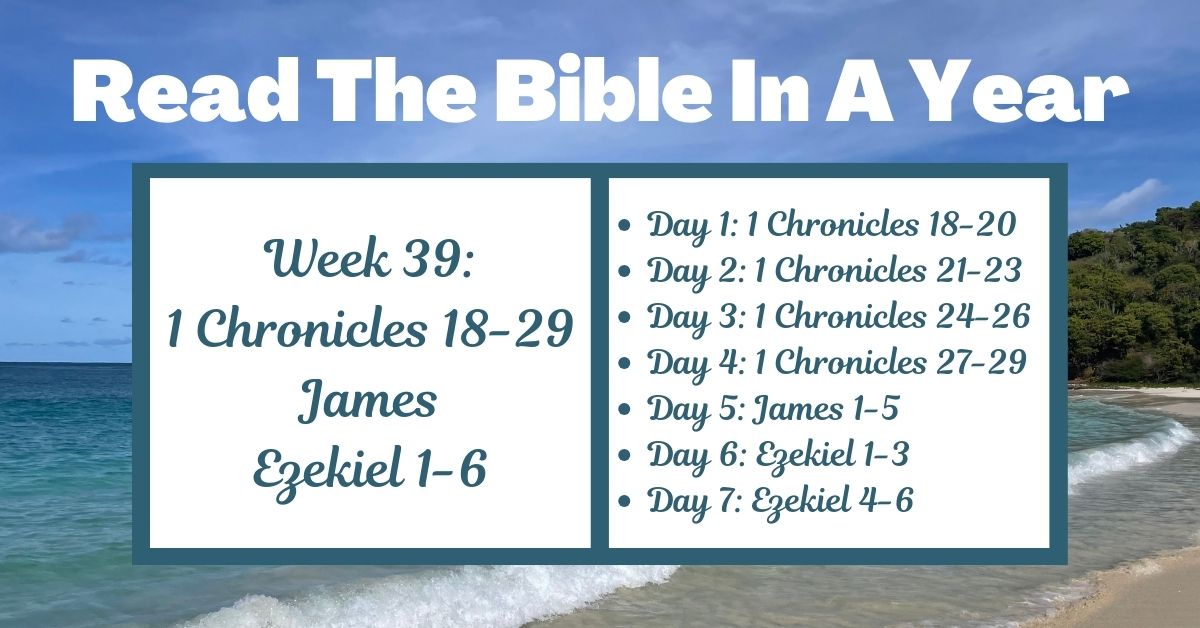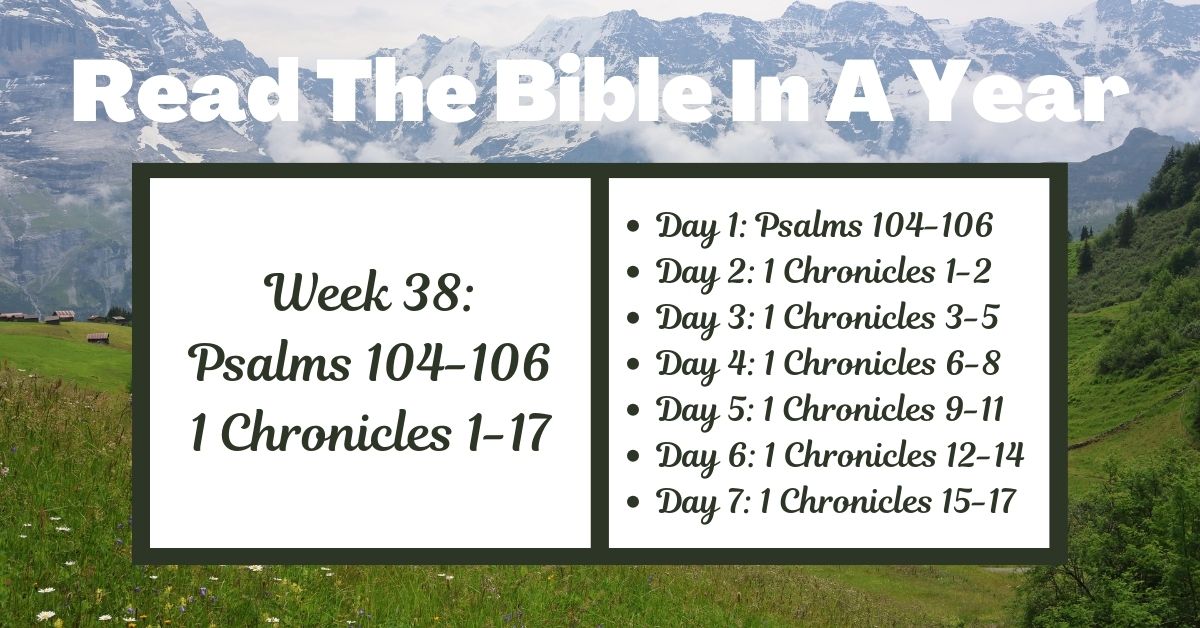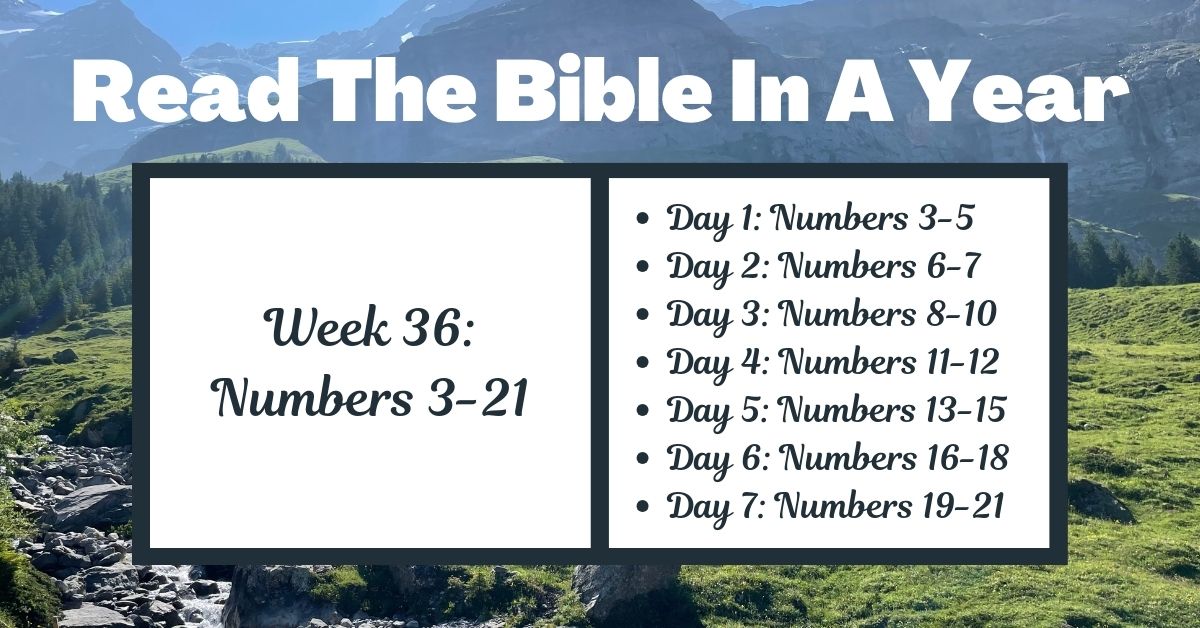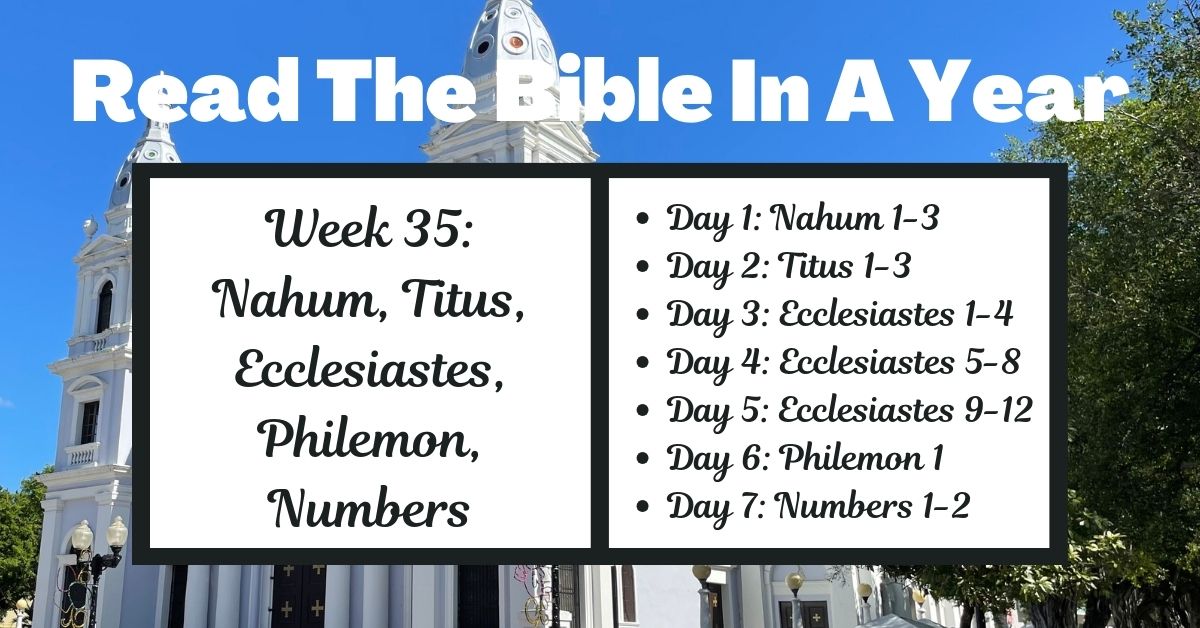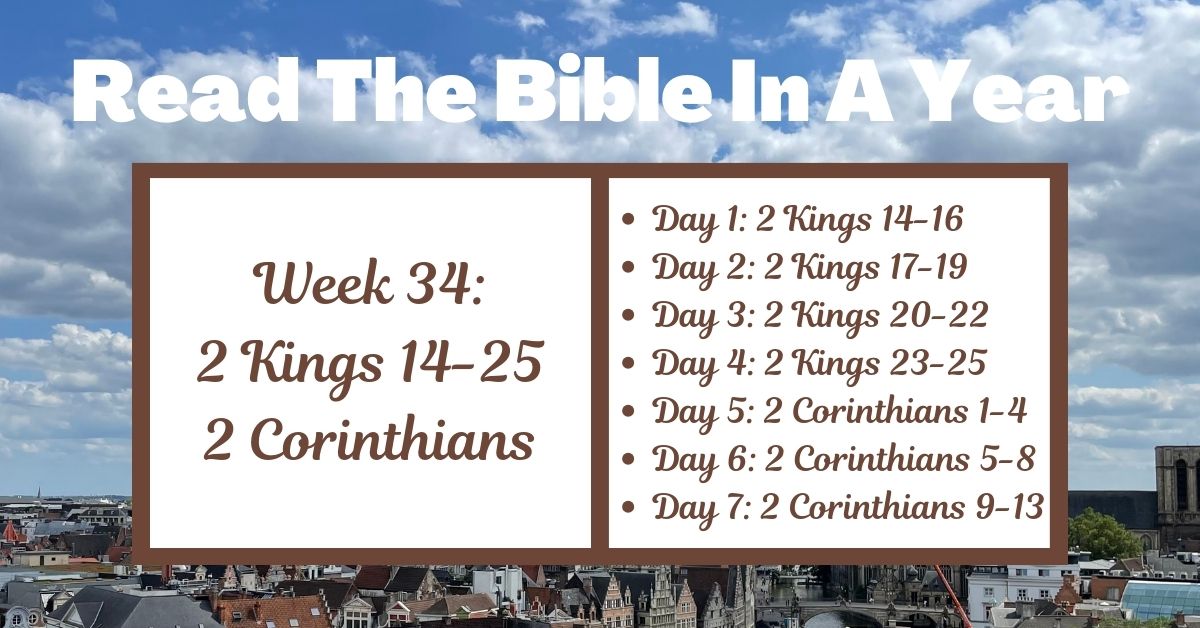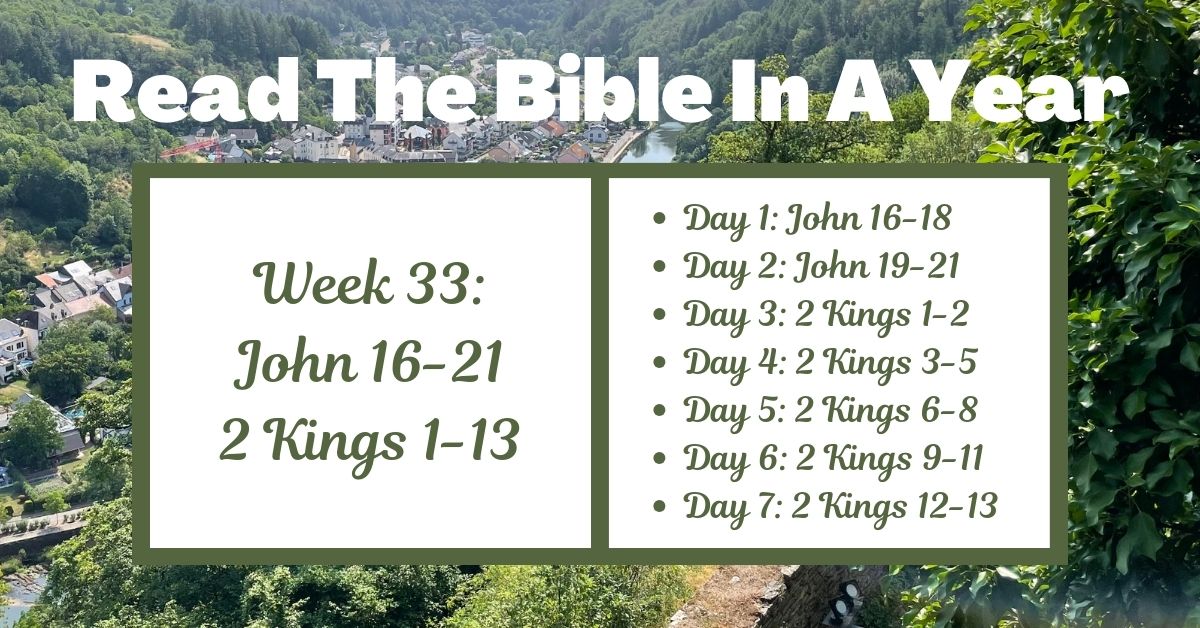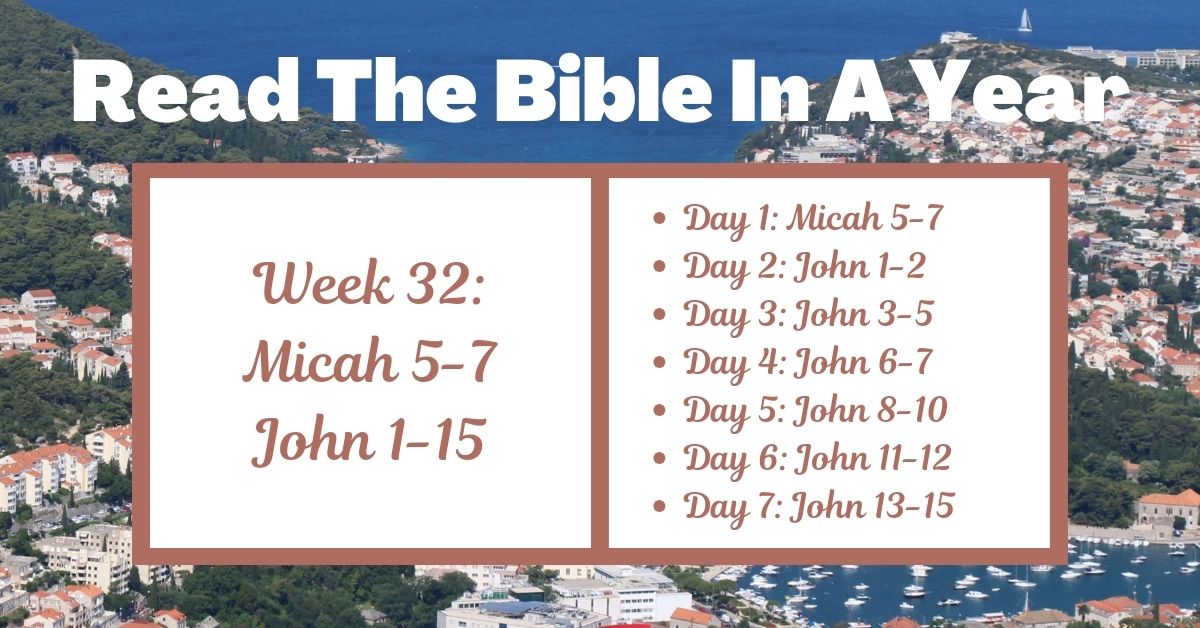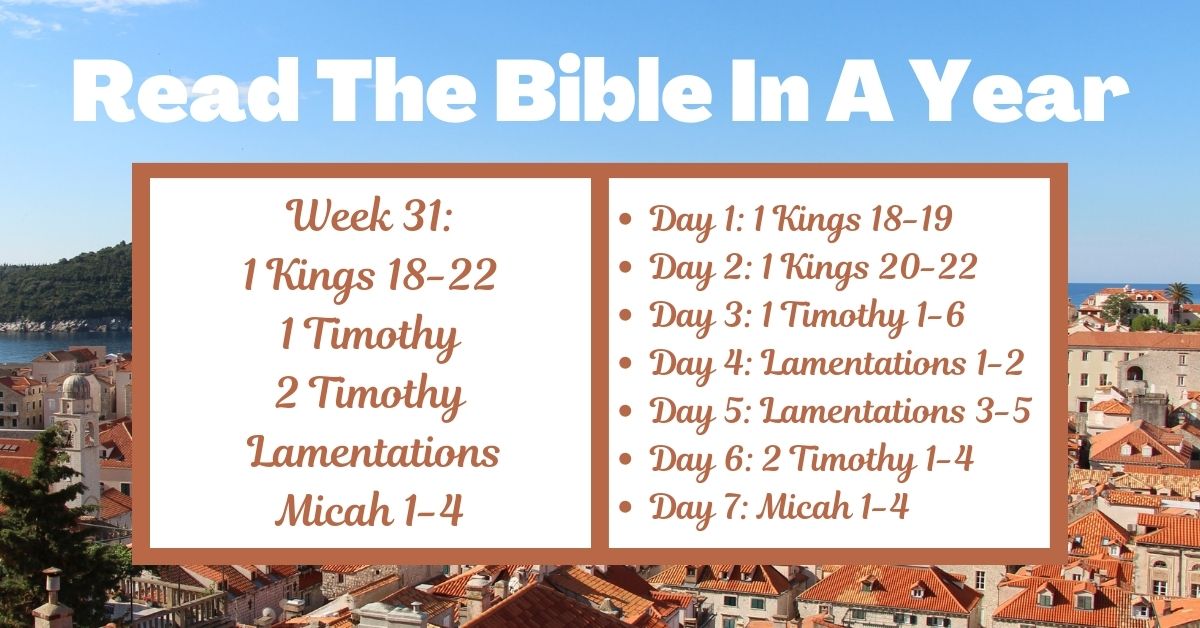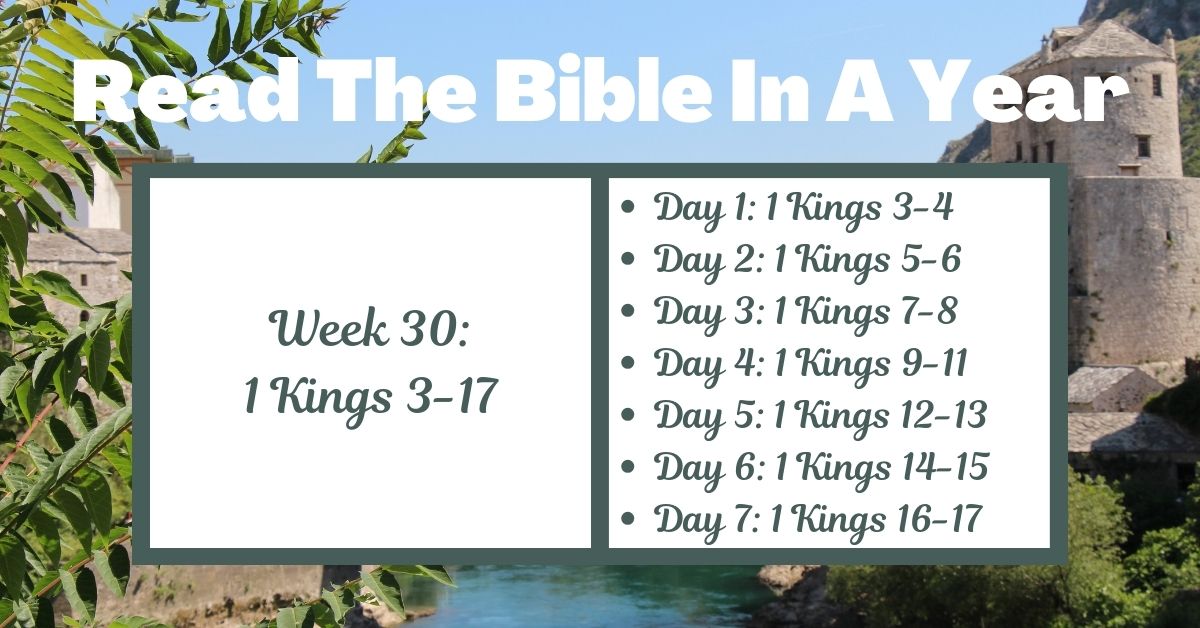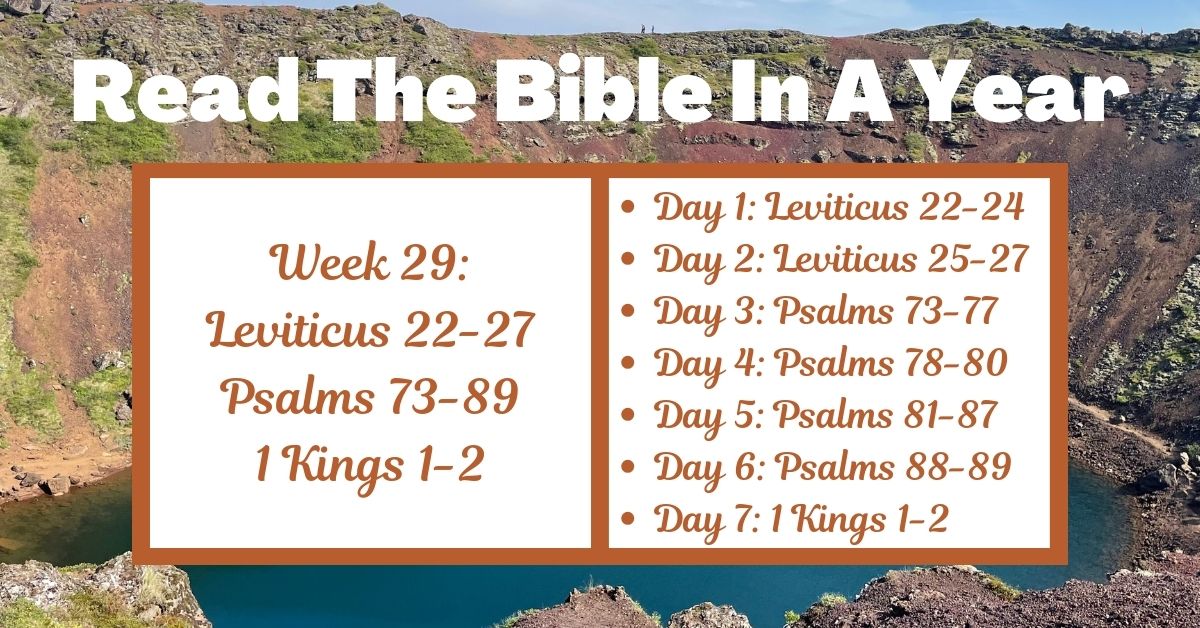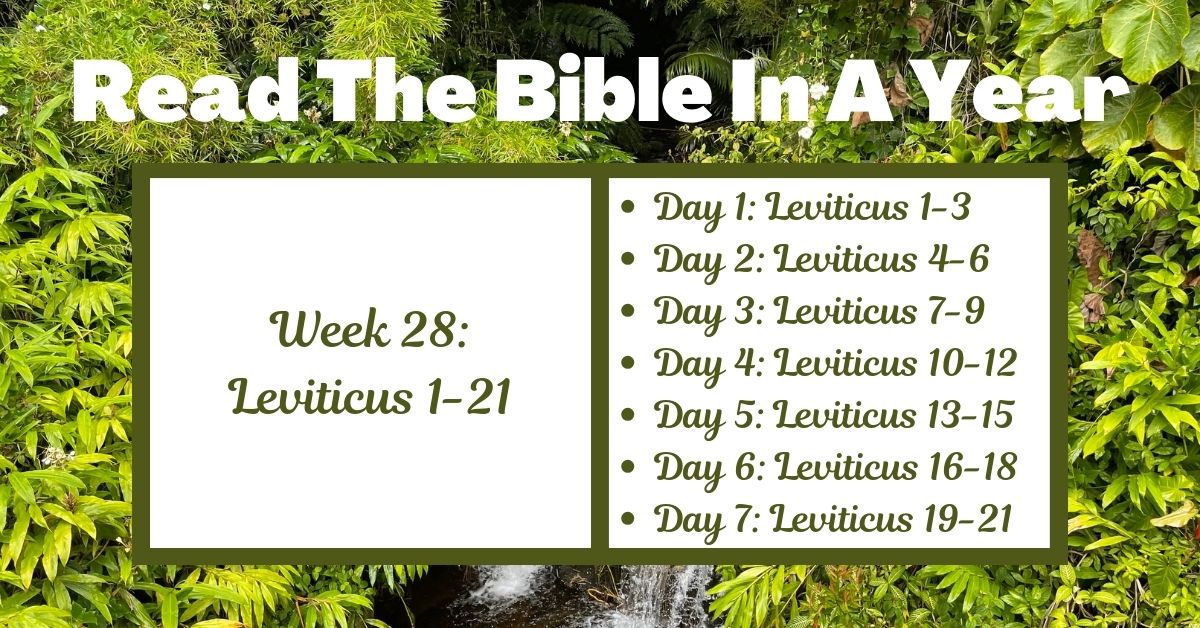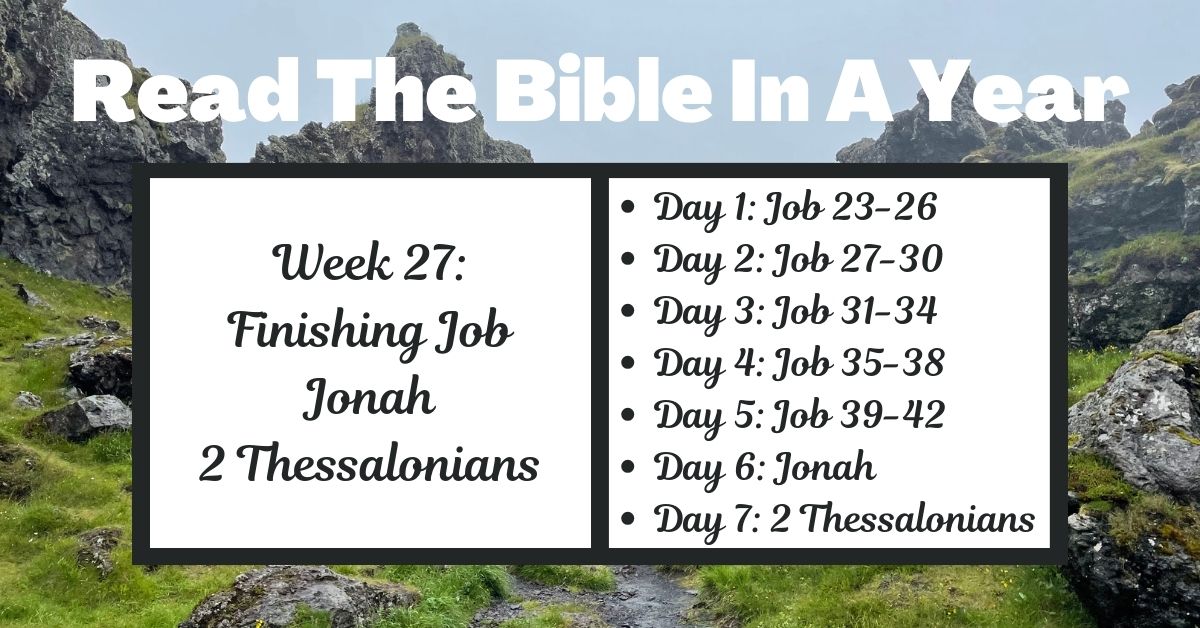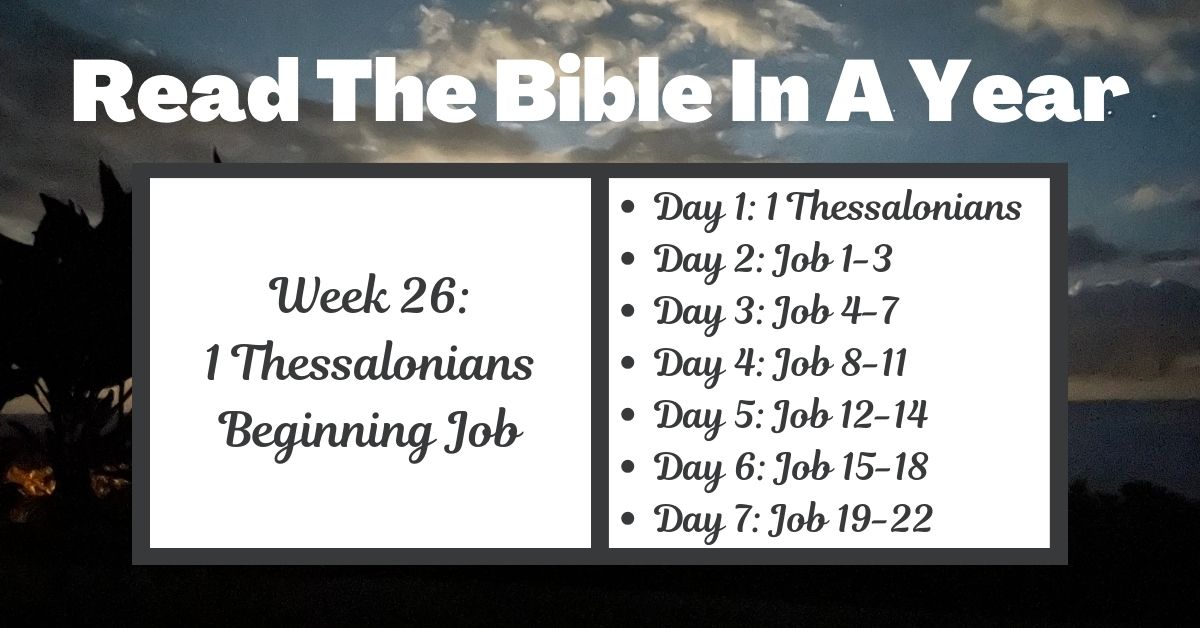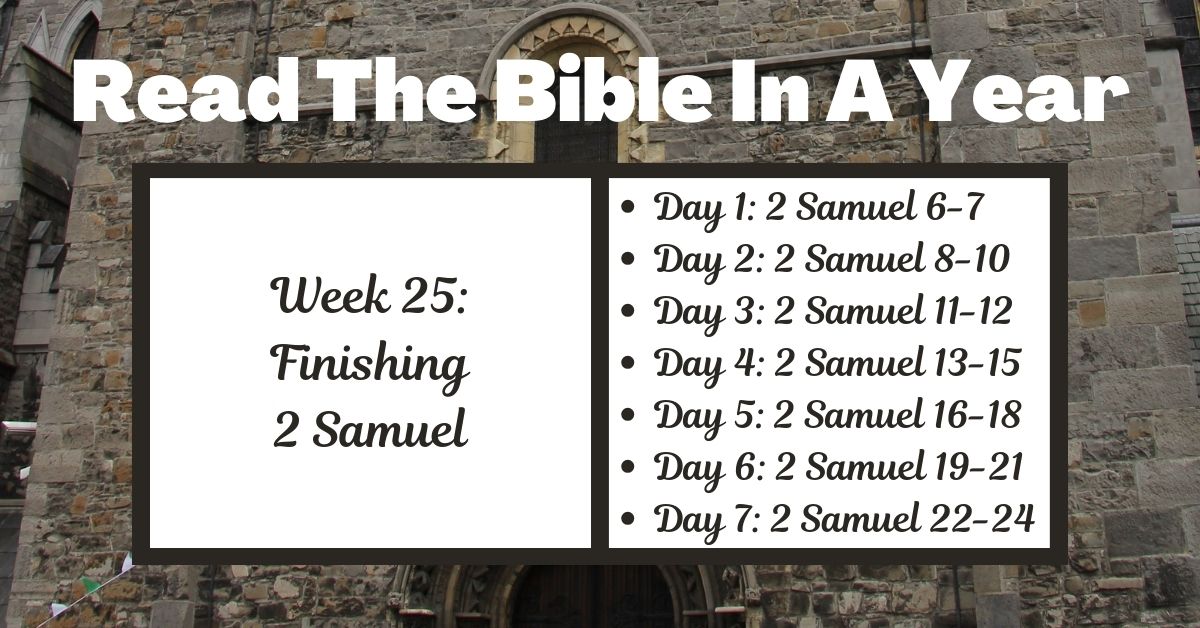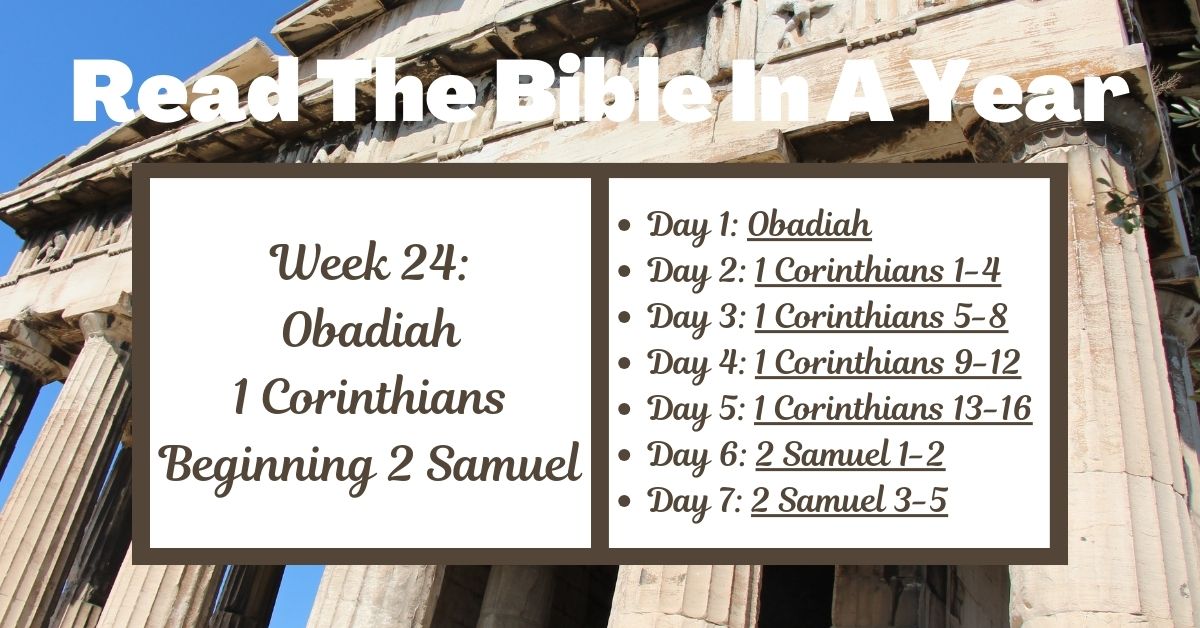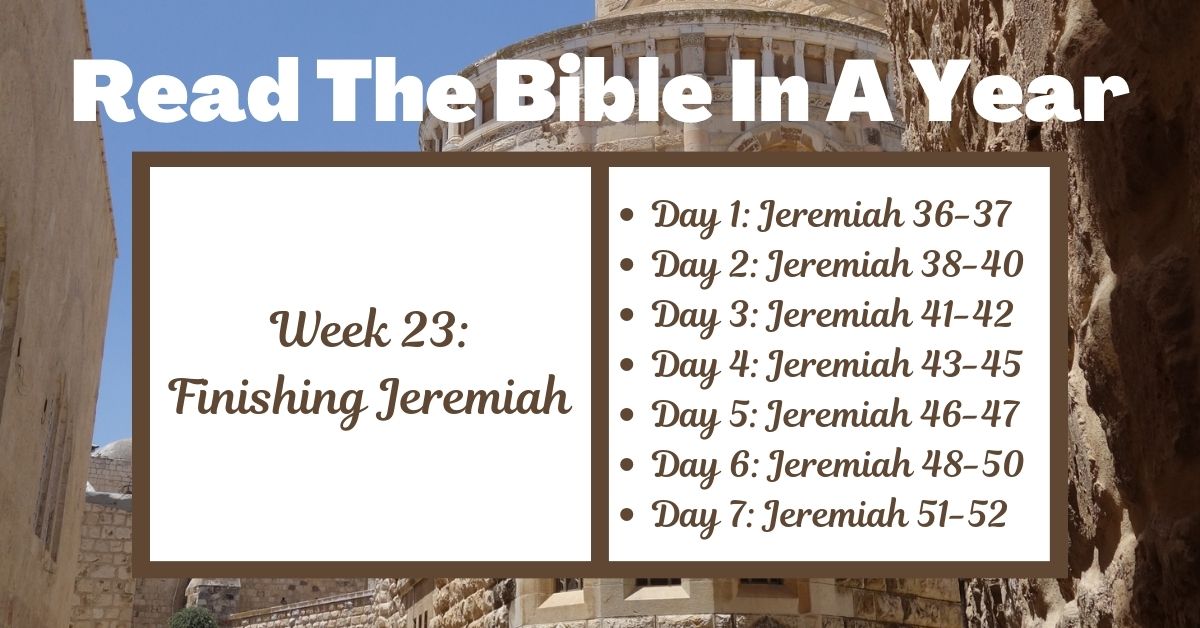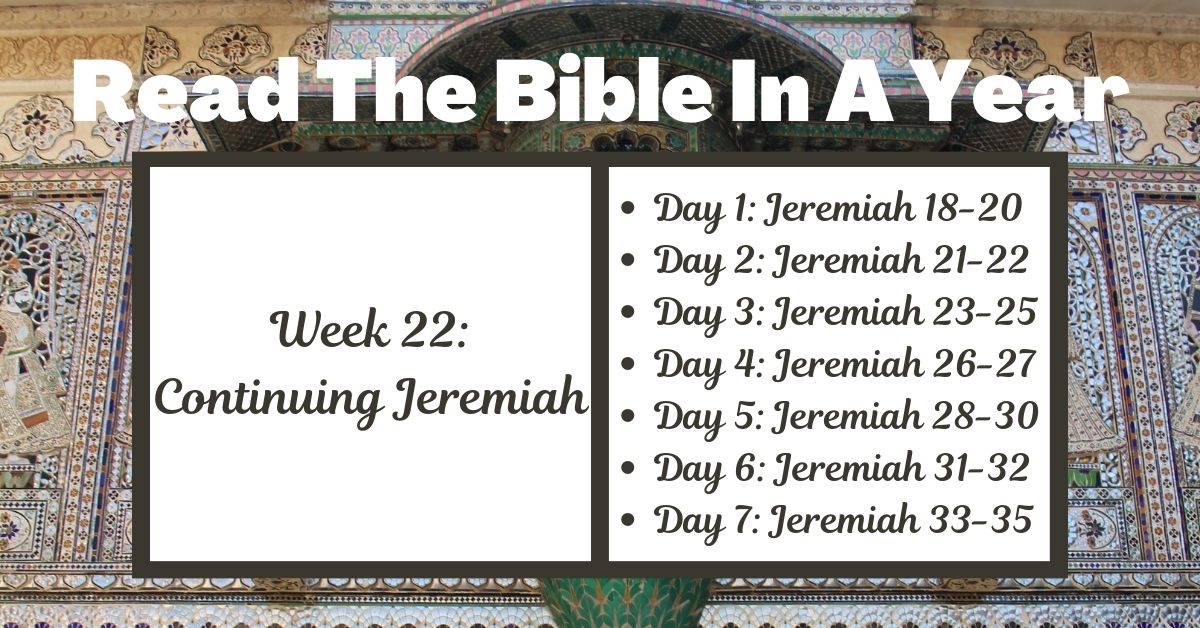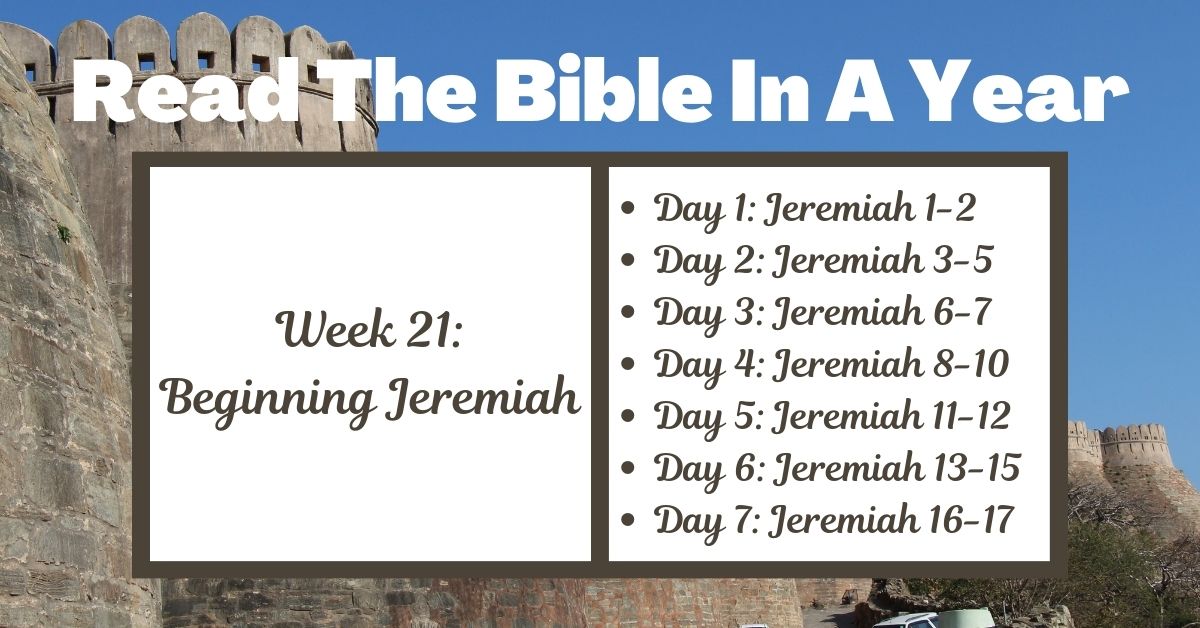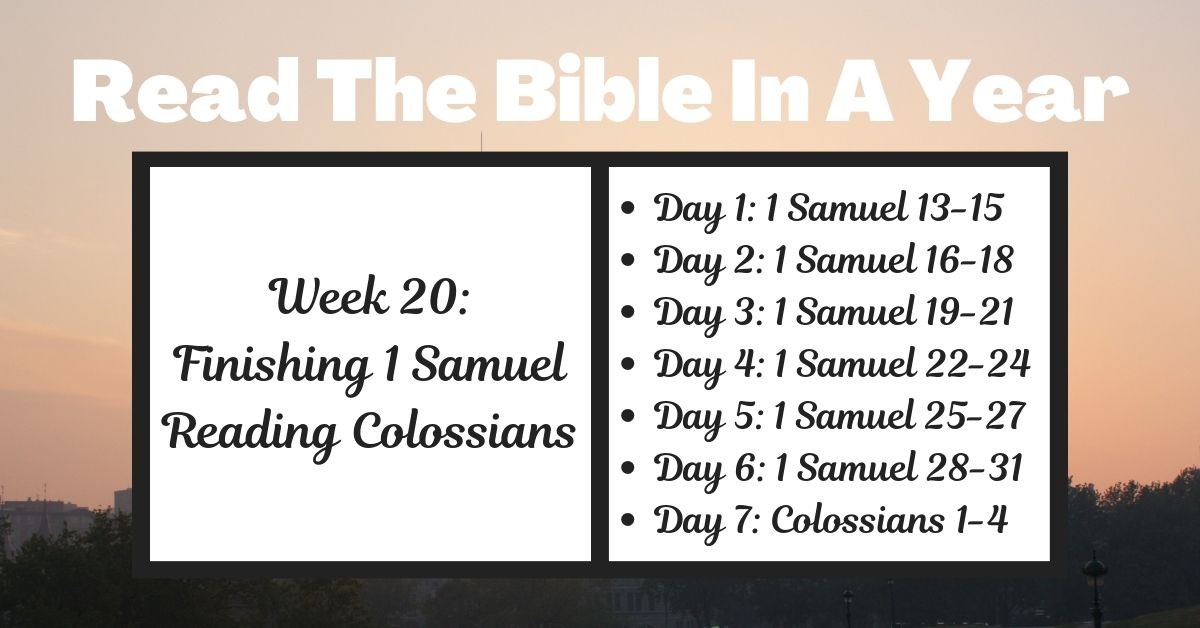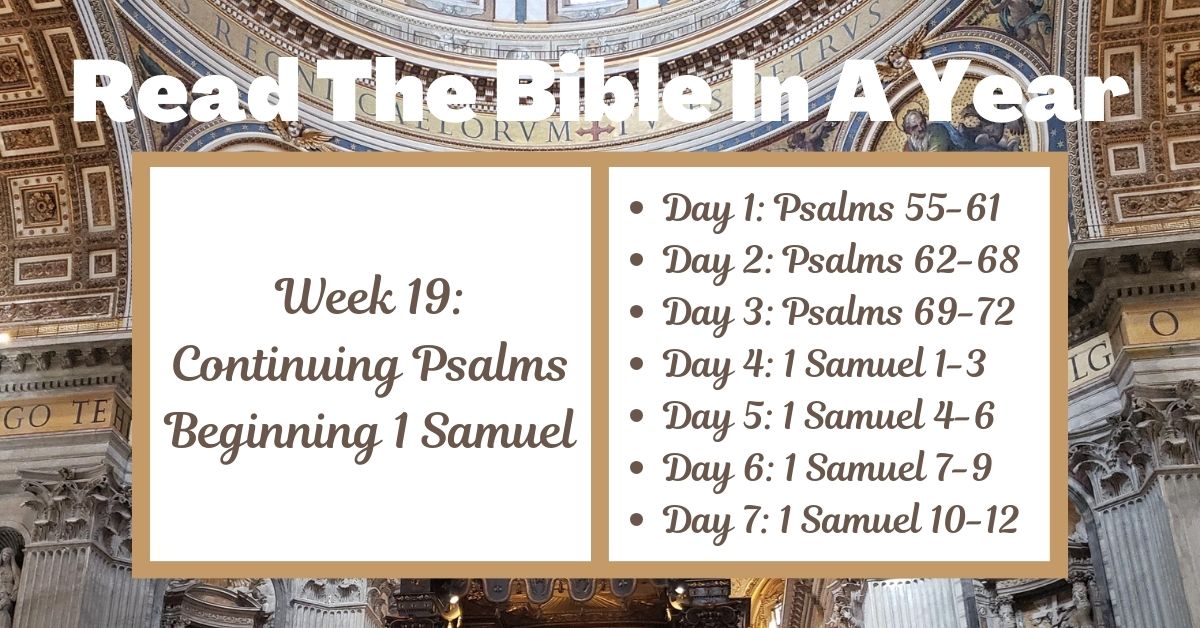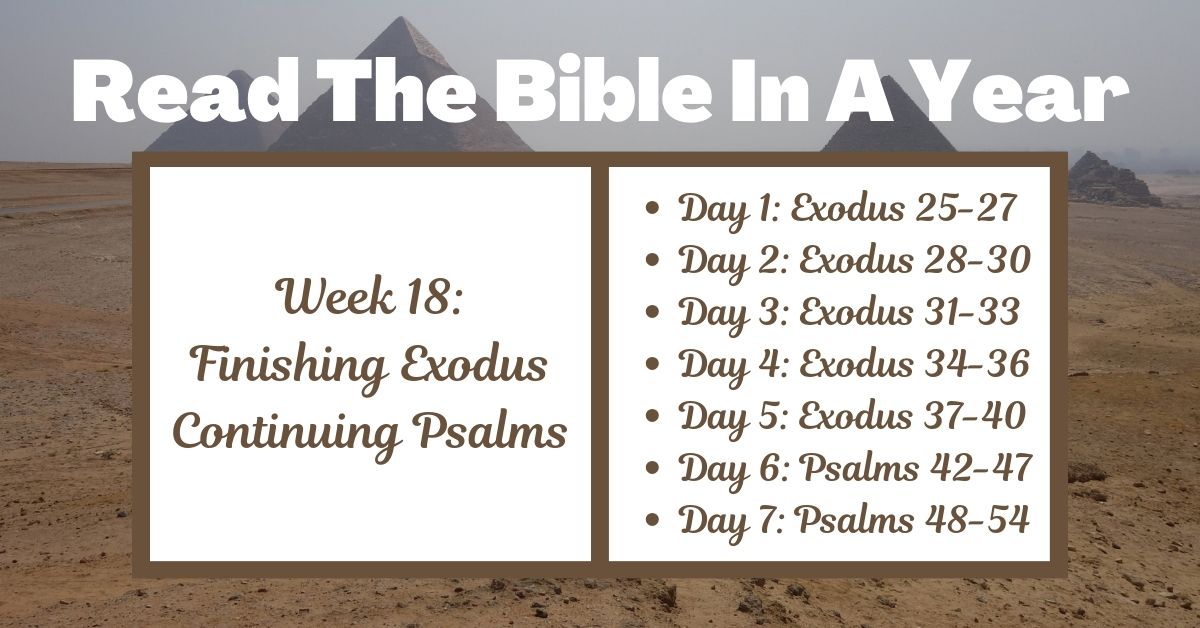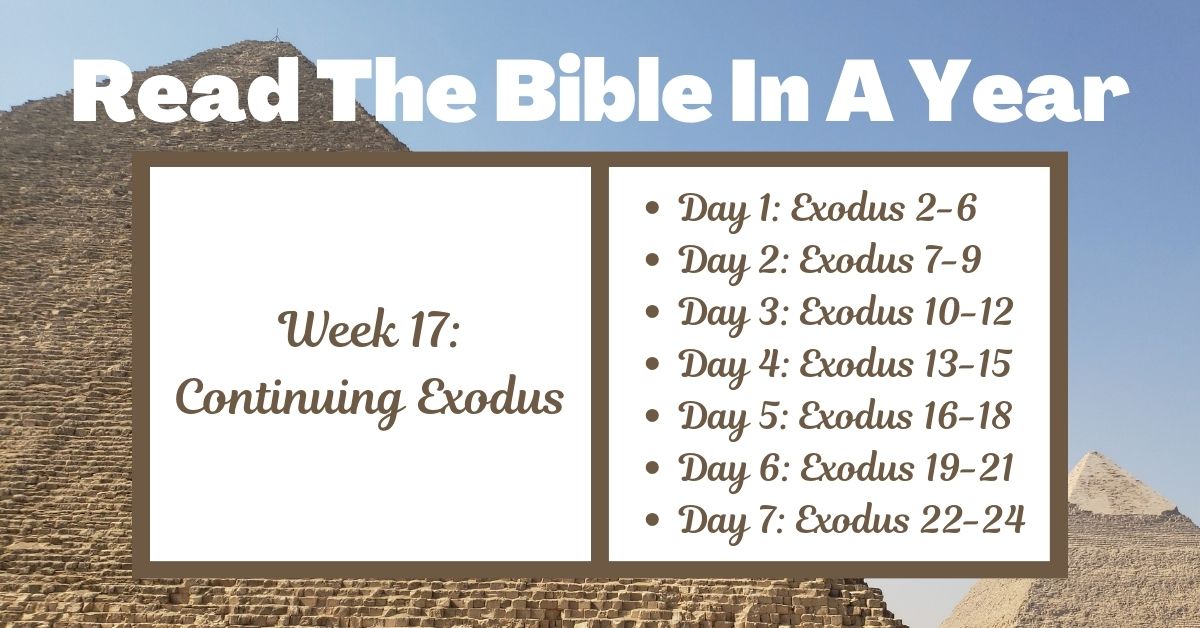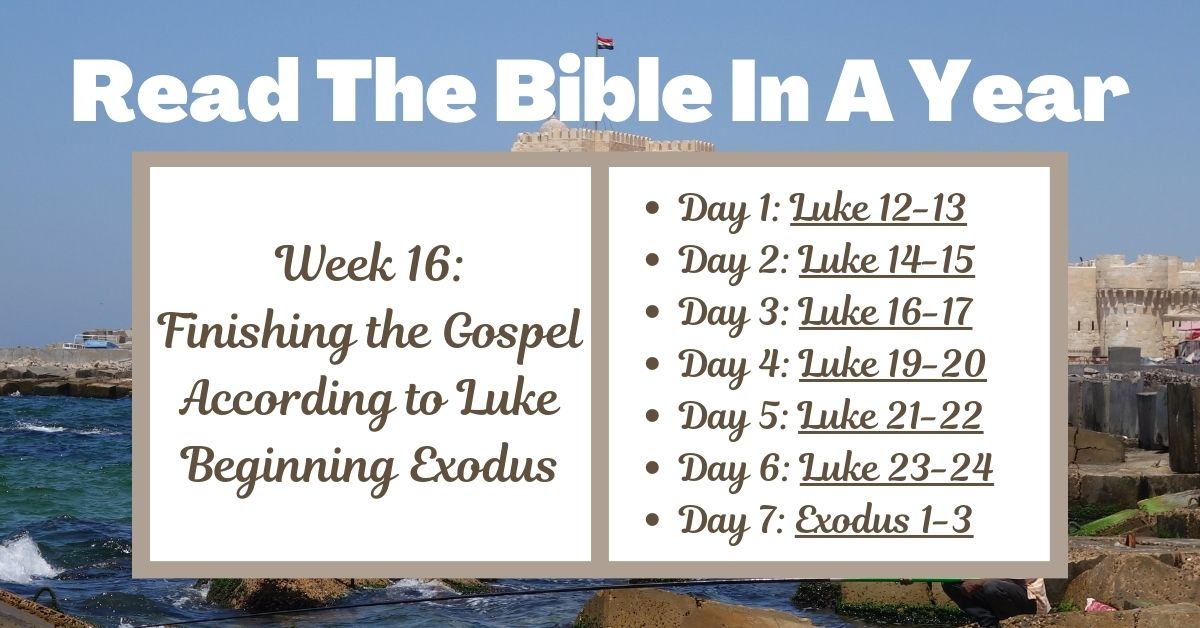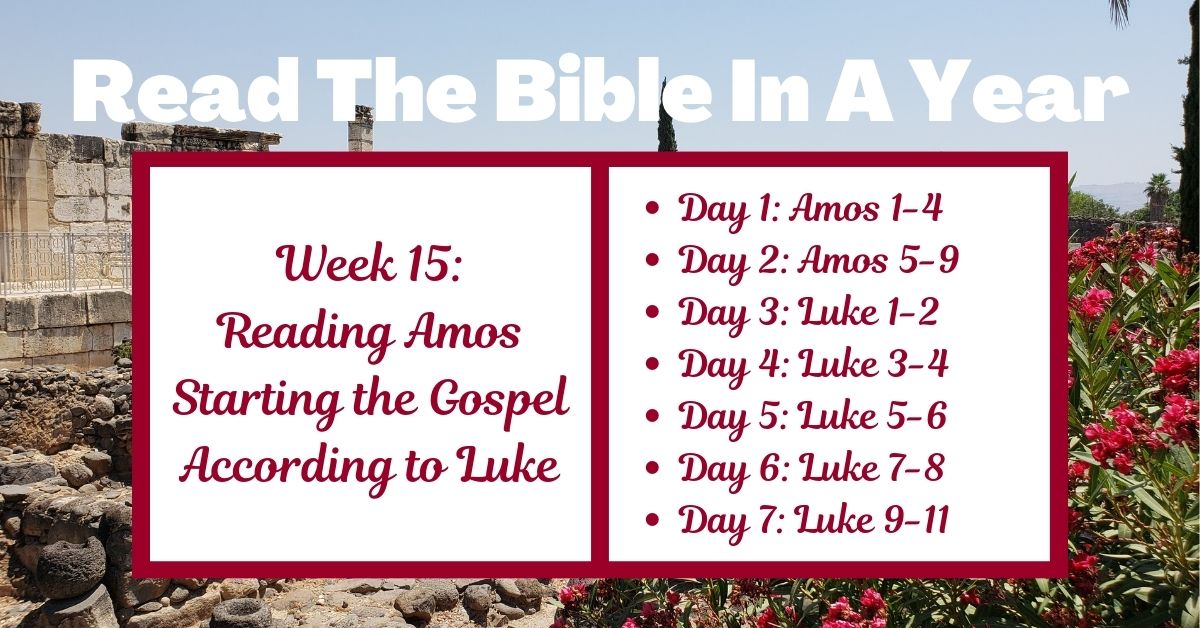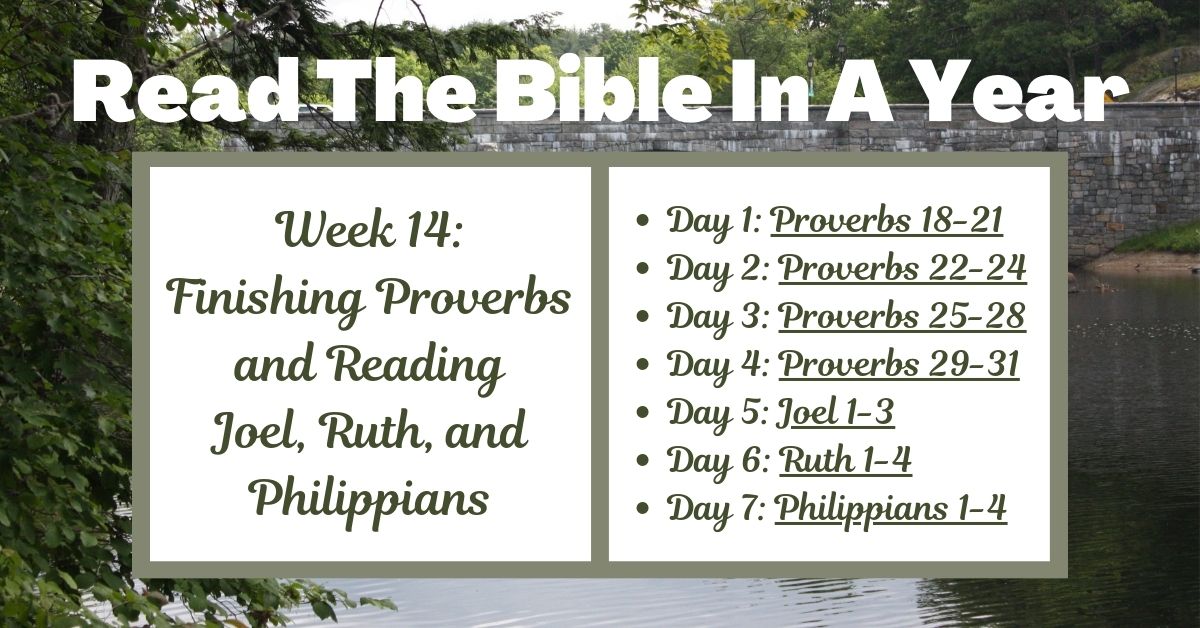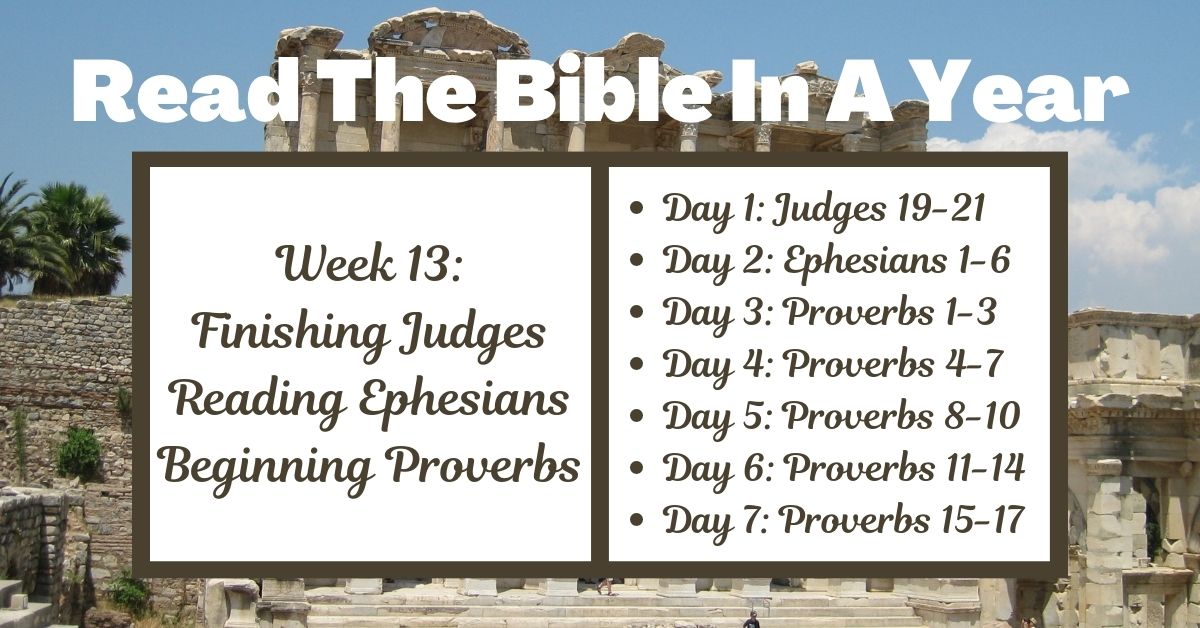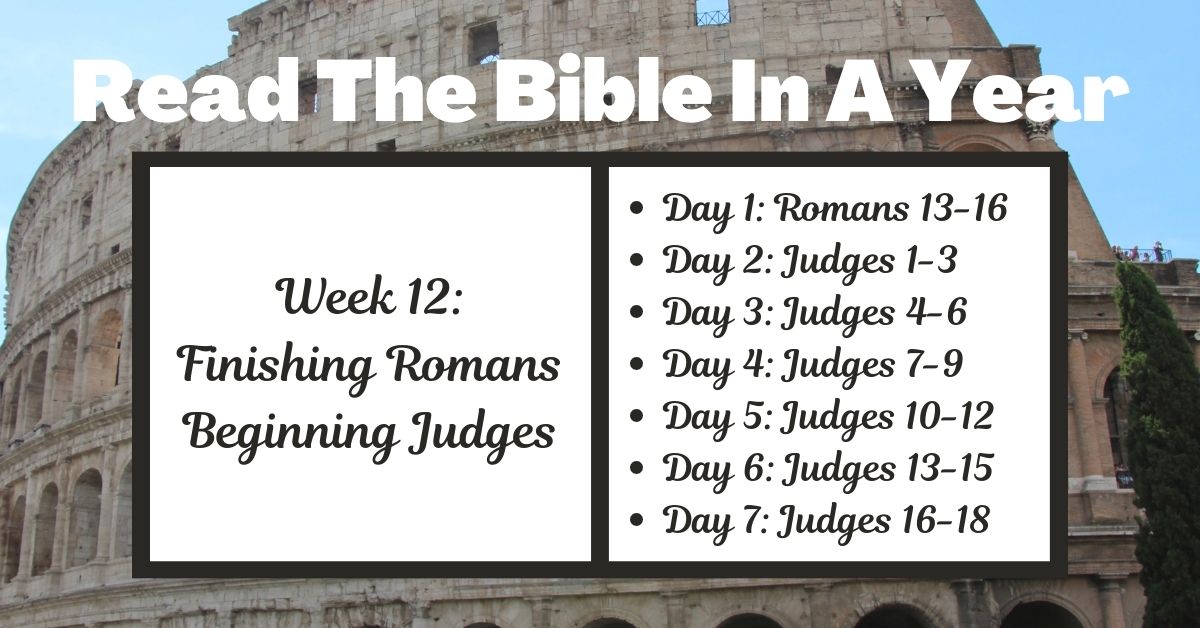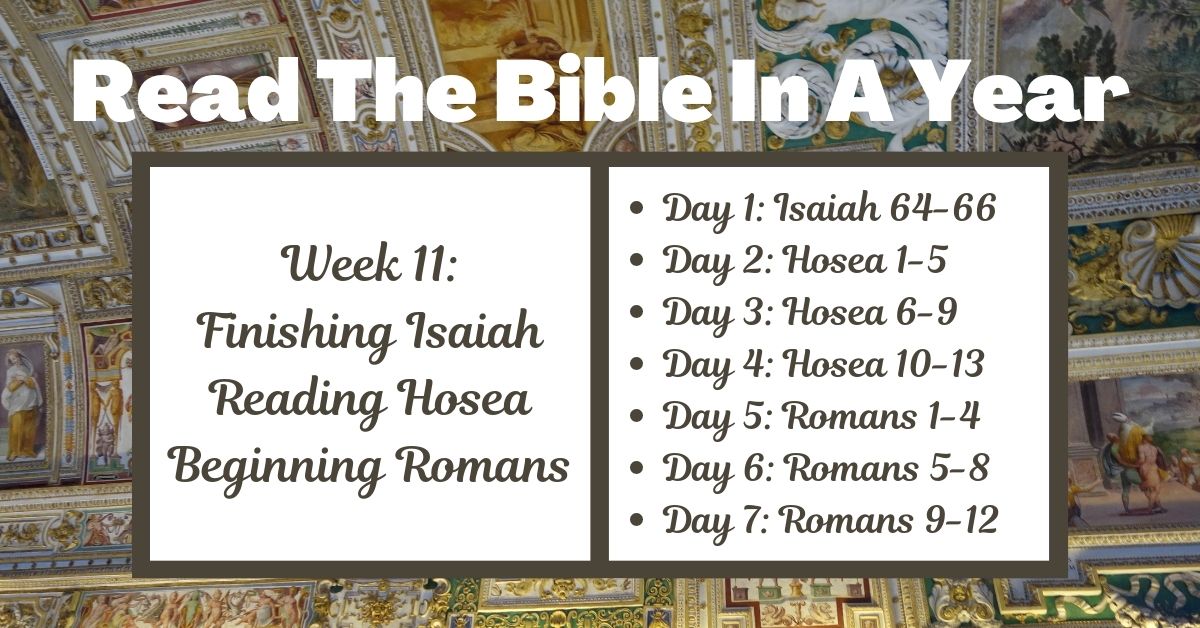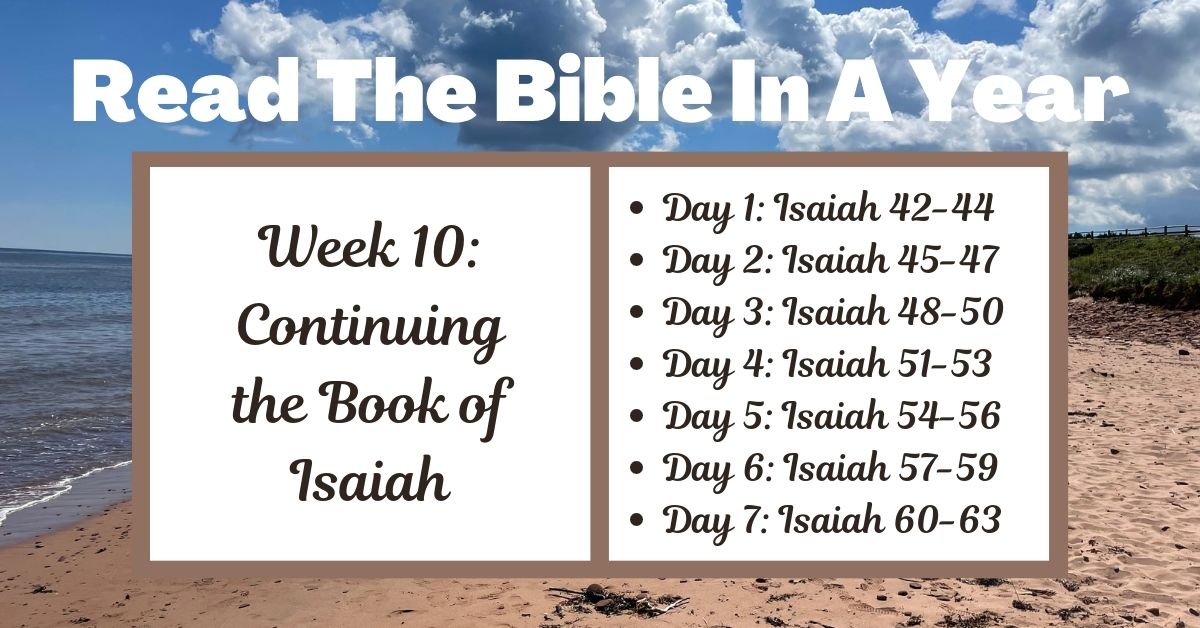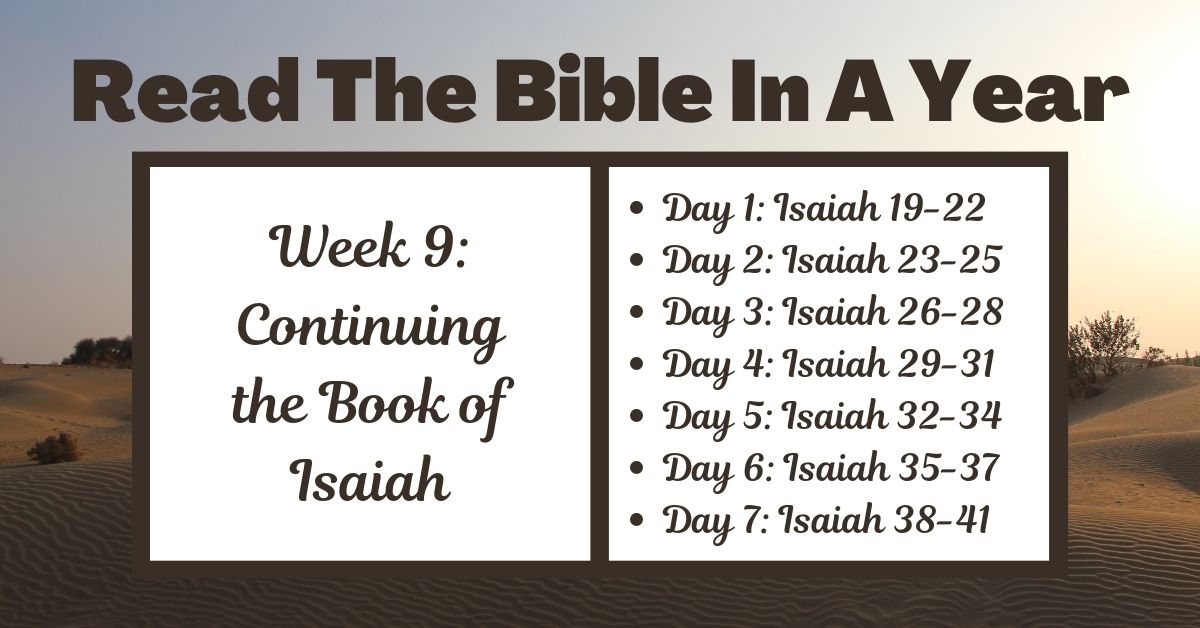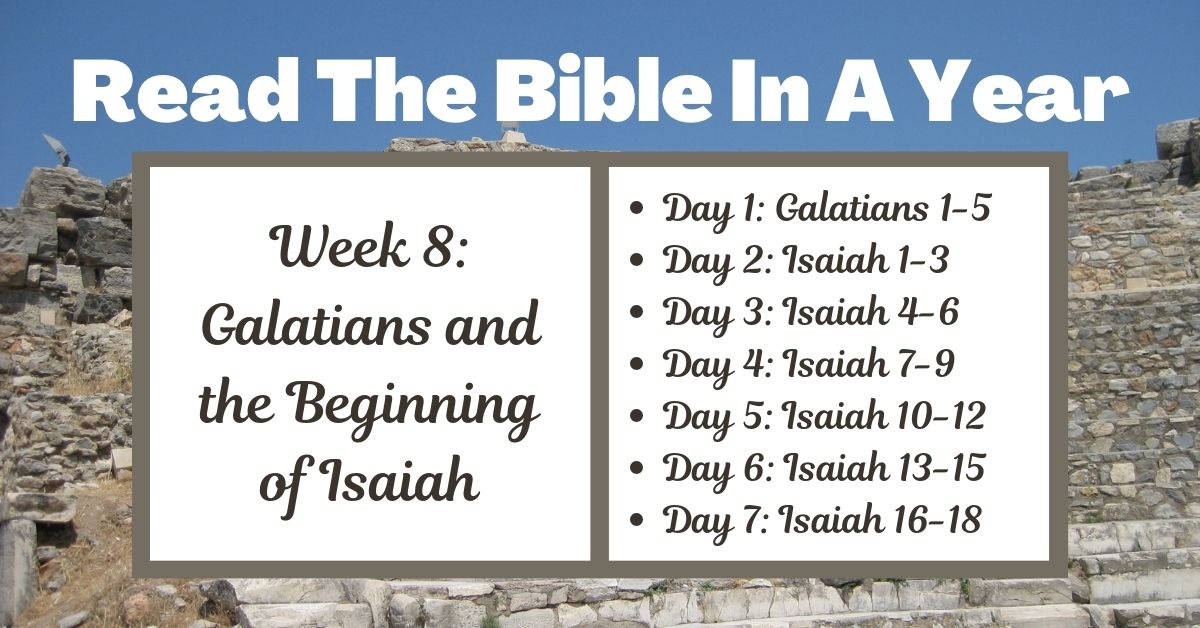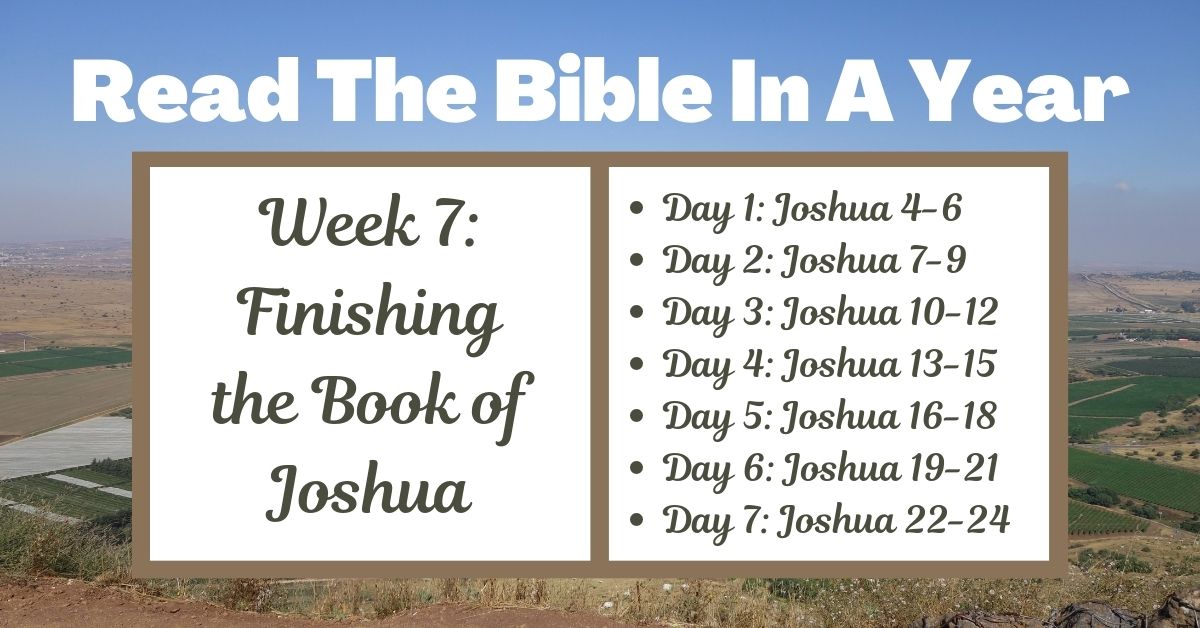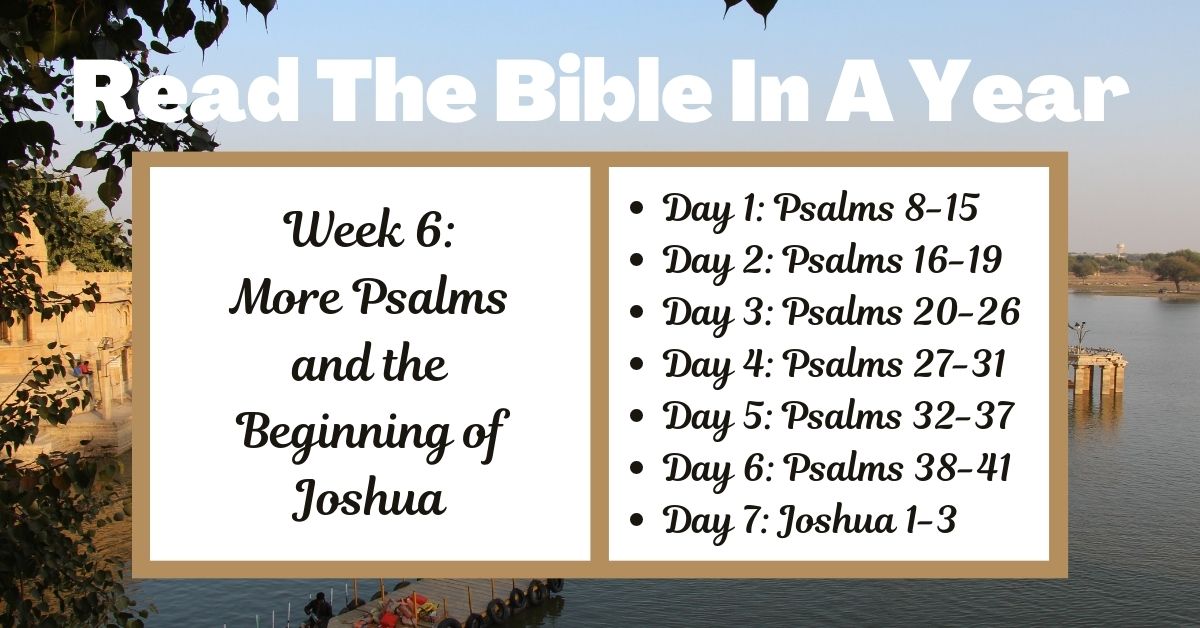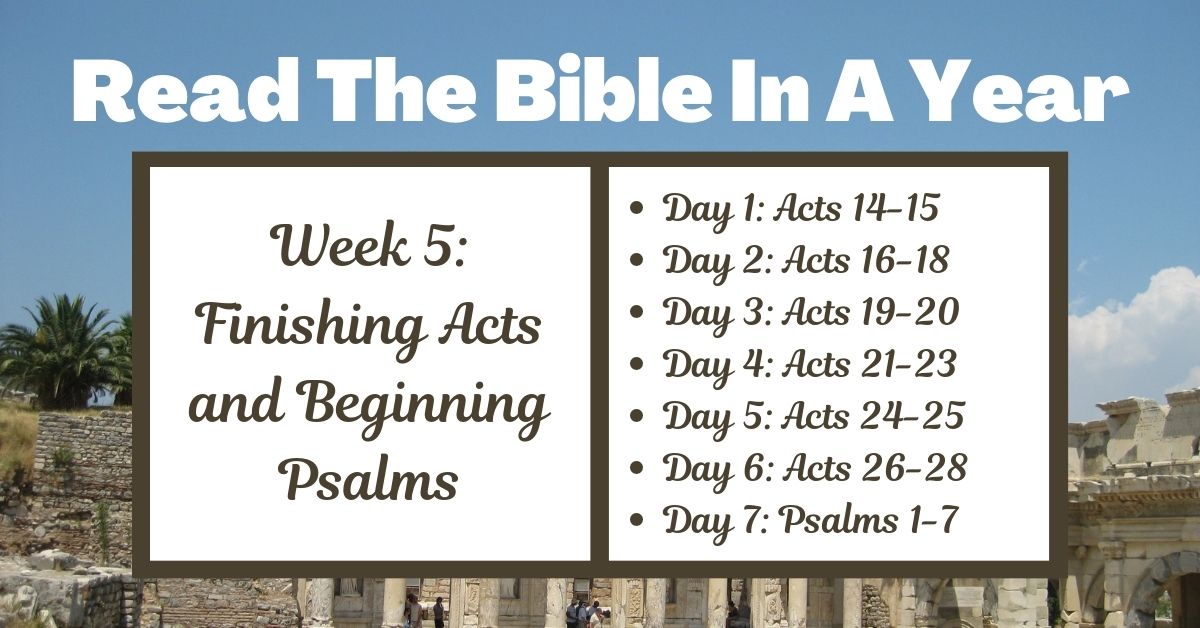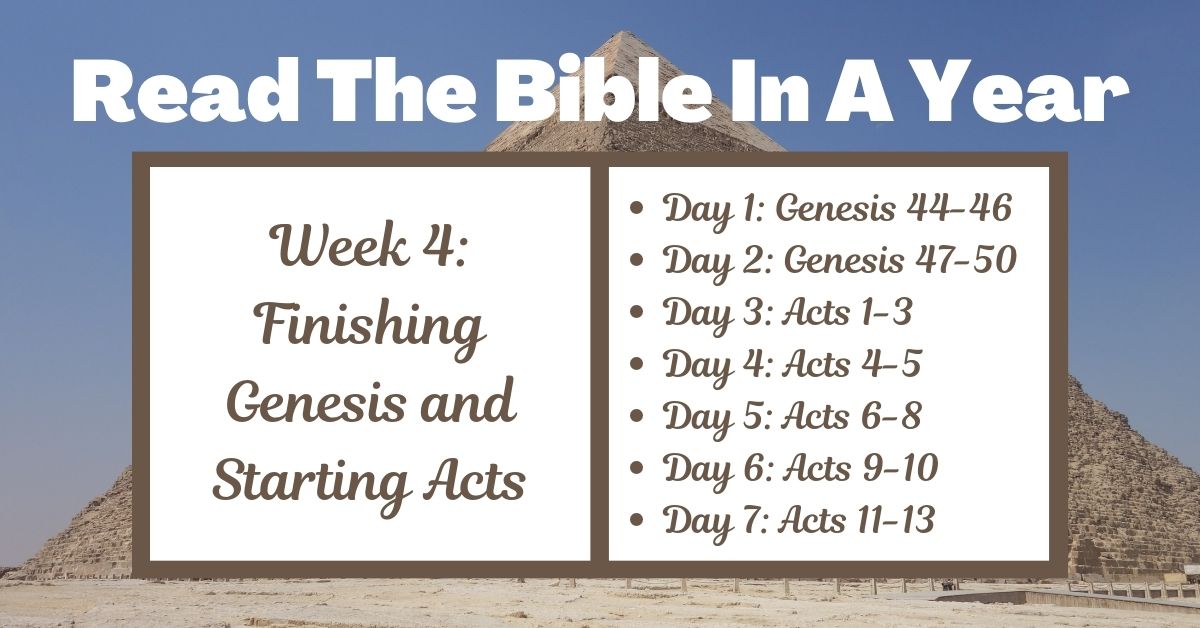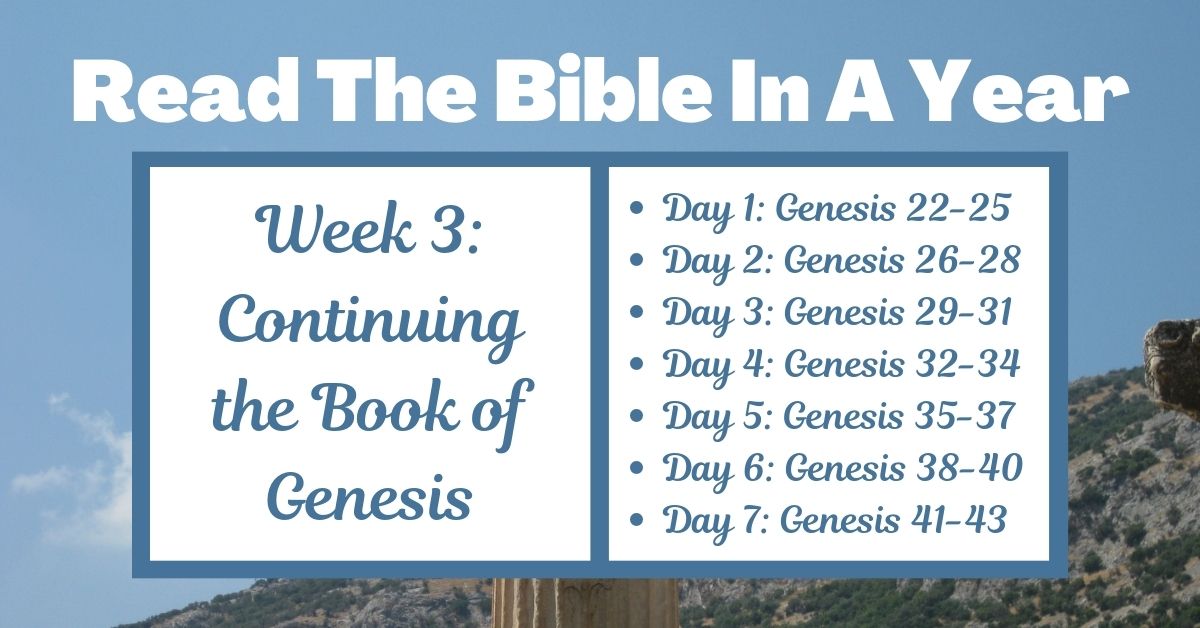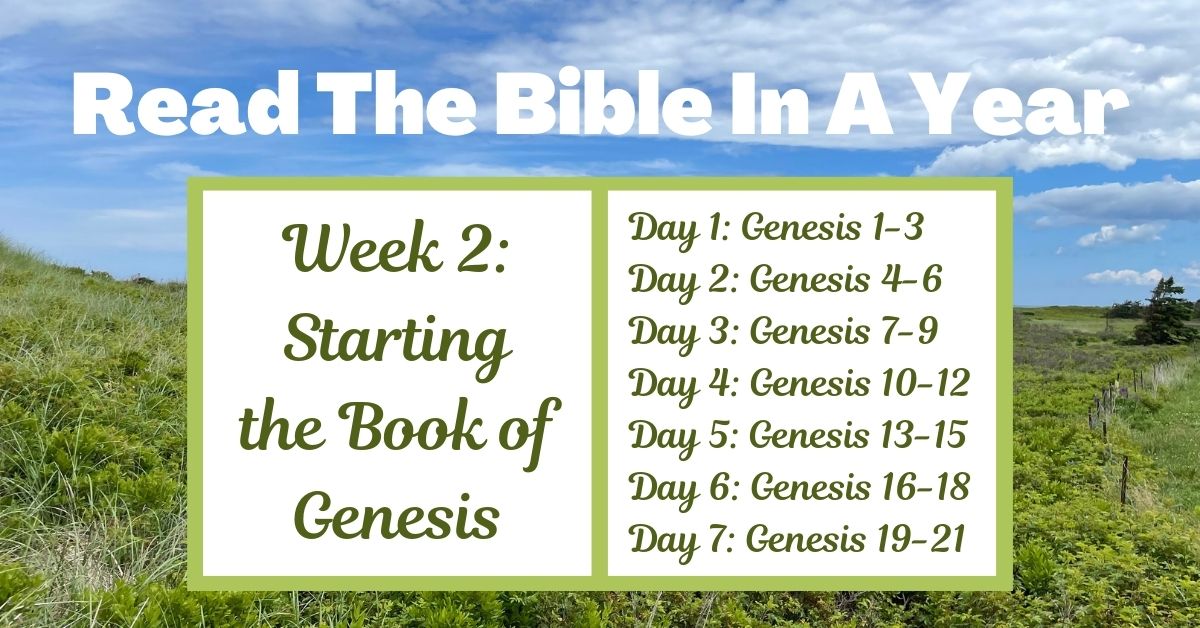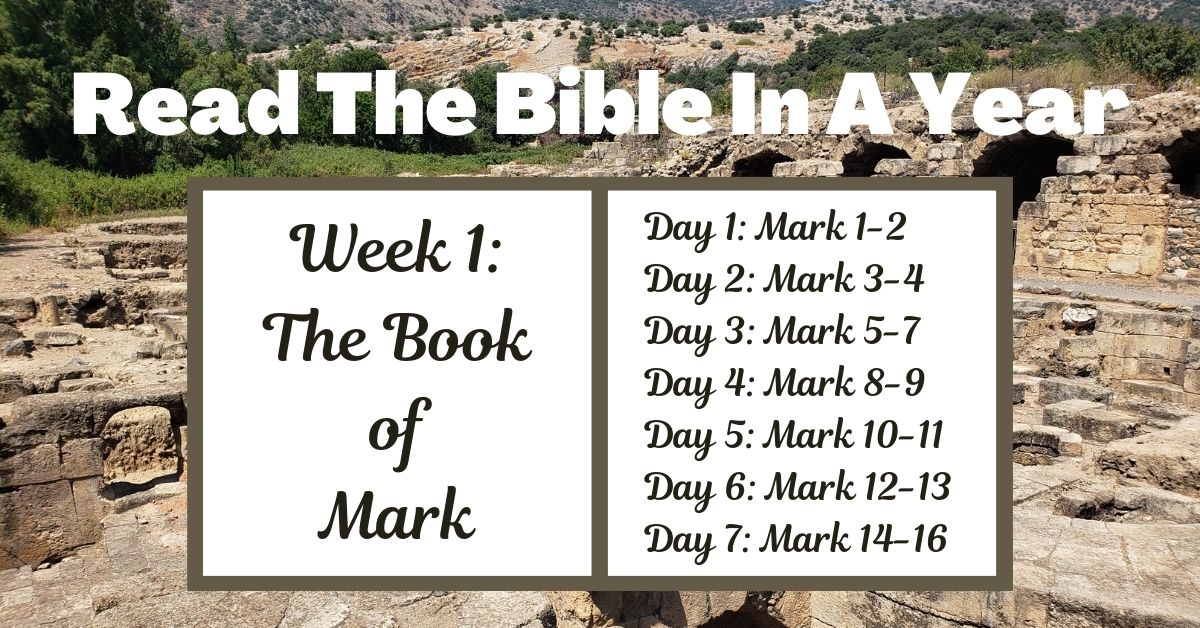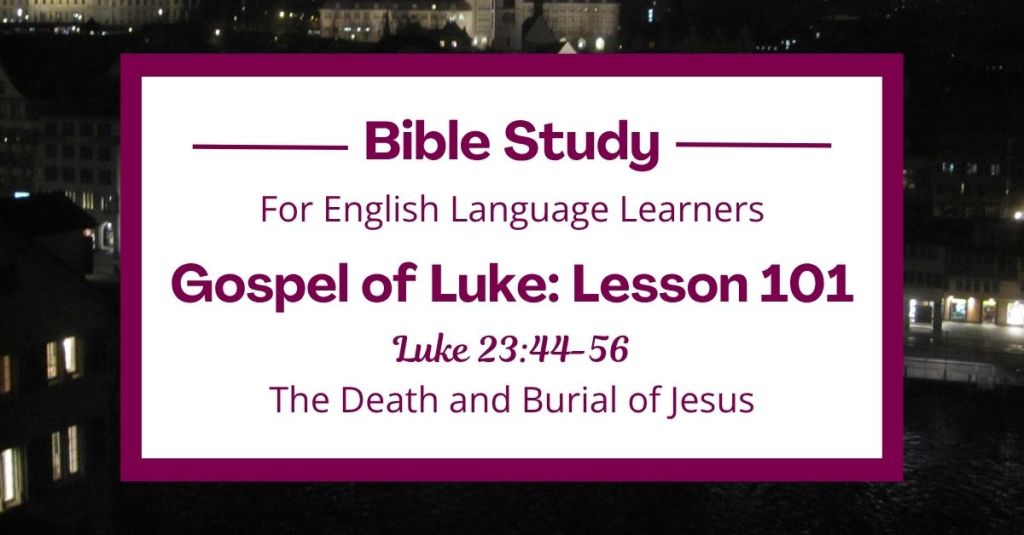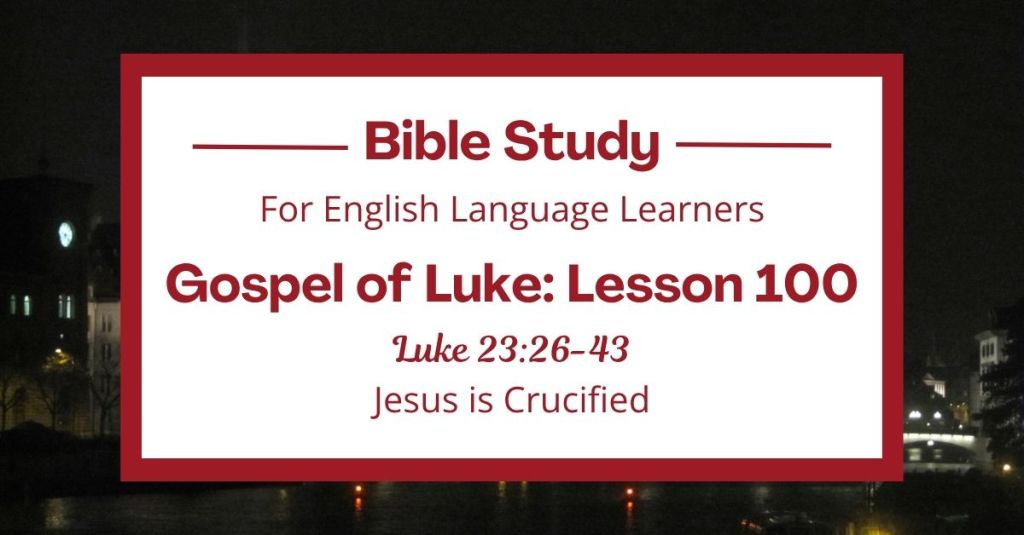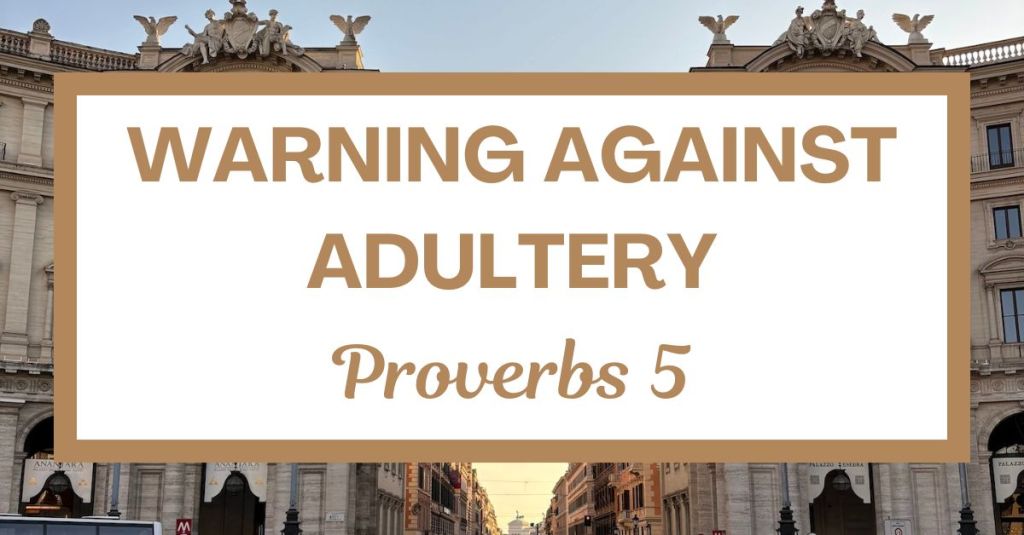In week 44 of reading the Bible in a Year, we will get a sampling from several sections of the Bible. From the Old Testament history books, we will read Ezra; from the New Testament epistles, we will read 1 Peter; from the wisdom books, we will read the Song of Solomon; and from the minor prophets, we will read Zephaniah. As we read these books, reflect on the themes of divine providence and sovereignty, obedience and the law, justice and mercy, forgiveness and redemption, hope and endurance, humility and respect, intimacy and love, and the transformative power of the gospel.
A Survey: A Christian Survey: Which Section of the Bible is Your Favorite?
Ezra
In the Book of Ezra, we will encounter central themes like divine providence and God’s sovereignty, which underscore how he orchestrates events for his purposes. For instance, Cyrus’ decree allowing the Jews to return to Jerusalem symbolizes God’s renewal of his covenant with his people and fulfills his promise to bring them back to their land.
Ezra, serving as a scribe and teacher, will stress the importance of obeying the Law of Moses. He will lead the people in repentance and purging foreign influences to maintain their fidelity to God, highlighting the need for spiritual renewal and reformation among the Jewish exiles.
Despite opposition hindering the Temple’s reconstruction, the returning exiles will persevere with faith, trusting in God’s protection. Through unity and solidarity, they will rebuild the Temple and establish themselves in Jerusalem. Additionally, the book will depict God’s willingness to forgive his people, exemplifying His mercy and grace. These themes will contribute to the theological and historical significance of the Book of Ezra, providing insights into the restoration of the Jewish community and their enduring relationship with God.
Reflection Questions
After reading the book of Ezra, consider the following reflection questions:
- How does the story of Cyrus’ decree allowing the Jews to return to Jerusalem reflect God’s providence and sovereignty in fulfilling his promises?
- In what ways does Ezra’s emphasis on obeying the Law of Moses resonate with the challenges of maintaining faithfulness in modern times?
- Despite facing opposition, the returning exiles persevere in rebuilding the Temple. How does their faith and determination inspire our own perseverance in the face of obstacles?
- Reflect on instances in your life where you have experienced God’s forgiveness and redemption, mirroring his mercy and grace portrayed in the Book of Ezra.
- How does the restoration of the Jewish community in Jerusalem, as depicted in Ezra, offer insights into our own journey of spiritual renewal and reformation?
1 Peter
As we read the First Epistle of Peter, we will encounter a letter addressed to early Christians scattered throughout Asia Minor. Written by the apostle Peter, it will offer encouragement and guidance to believers facing various trials and challenges. Peter will emphasize their identity as chosen by God and the hope of salvation they will have through the resurrection of Jesus Christ.
Throughout the letter, Peter will urge believers to live holy and godly lives, reflecting the character of God in their actions and relationships. He will address the reality of suffering and persecution that they may experience for their faith, encouraging them to endure with patience and trust in God’s sovereignty. Additionally, Peter will teach about the importance of submission to authorities and mutual respect within the Christian community, highlighting humility as a key virtue.
Despite the trials they will face, Peter will remind believers of the living hope they will have in Christ’s resurrection and the future glory that will await them. He will encourage them to stand firm in their faith, knowing that their suffering will be temporary and that God will ultimately bring about their salvation and vindication. Overall, the First Epistle of Peter will offer timeless wisdom and encouragement for believers, emphasizing the transformative power of the gospel and the hope it will provide in the midst of adversity.
Reflection Questions
After reading the book of 1 Peter, consider the following reflection questions:
- How does Peter’s emphasis on enduring suffering and persecution while maintaining hope in Christ’s resurrection resonate with your own experiences of trials and challenges?
- Reflect on Peter’s call for humility and mutual respect within the Christian community. How can we cultivate these virtues in our interactions with others?
- Consider the living hope that Peter offers to believers. How does this hope influence your perspective on life’s difficulties and uncertainties?
- How does Peter’s encouragement to stand firm in faith amid adversity provide guidance for navigating the challenges of contemporary society?
- Reflect on the transformative power of the gospel highlighted in 1 Peter. How does this message impact your understanding of your identity and purpose as a believer?
Song of Solomon
In the Song of Solomon, we will encounter a collection of love songs or poems in the Old Testament. It will celebrate romantic and intimate love between a man and a woman, structured as a dialogue between a bridegroom and his beloved bride. The poems will express their deep affection and longing for each other through rich and vivid imagery, portraying the beauty and intensity of romantic love.
Throughout the Song of Solomon, themes of love, desire, and passion will be explored in various contexts, including courtship, marriage, and the physical expression of love. The poetry will be characterized by its sensuality and celebration of the physical and emotional intimacy between lovers.
Interpreting the Song of Solomon is a subject of debate, with some viewing it as poetry describing romantic human love and others interpreting it allegorically as an expression of divine love. Regardless of interpretation, the Song of Solomon will offer readers profound insights into the complexities and beauty of intimate relationships and the depth of intimacy between lovers.
Reflection Questions
After reading the book of Song of Solomon, consider the following reflection questions:
- How does the imagery and language in the Song of Solomon convey the intensity and beauty of romantic love?
- Reflect on the themes of love, desire, and passion explored in the Song of Solomon. In what ways do these themes resonate with your own experiences of intimacy and relationships?
- Consider the various interpretations of the Song of Solomon, both as poetry describing romantic love between a man and woman, and allegorical expressions of divine love. Which interpretation resonates with you, and why?
- How does the Song of Solomon challenge conventional views of love and intimacy? Reflect on how these perspectives can influence our understanding of relationships.
- In what ways can the themes and imagery of the Song of Solomon deepen our appreciation for the beauty and complexity of human relationships and emotions?
Zephaniah
In the book of Zephaniah, we will encounter prophecies delivered by the prophet Zephaniah during the reign of King Josiah of Judah. Through his messages, Zephaniah will warn against the sins of Judah and Jerusalem, condemning idolatry, corruption, and social injustice. He will call the people to repentance, urging them to seek righteousness and humility before God to avoid impending judgment.
A central theme of Zephaniah’s prophecy will be the “day of the Lord,” a time of divine judgment and reckoning upon the nations, including Judah. Zephaniah will warn of the imminent destruction that will befall the wicked and unrepentant, emphasizing the need for humility and obedience to God’s commands to avert this judgment.
Despite the message of judgment, Zephaniah will also offer words of hope and restoration for the faithful remnant of God’s people. He will foretell a future day of restoration and salvation, when God will gather His people, remove their oppressors, and dwell in their midst as a mighty warrior and a loving king. Through Zephaniah’s prophecies, readers will be challenged to examine their own lives, repent of sin, and trust in God’s faithfulness amidst times of turmoil and uncertainty.
Reflection Questions
After reading the book of Zephaniah, consider the following reflection questions:
- Reflect on Zephaniah’s warnings against idolatry, corruption, and social injustice. In what ways do these issues resonate with contemporary society?
- Consider the concept of the “day of the Lord” and its implications for judgment and restoration. How does Zephaniah’s message influence your understanding of God’s justice and mercy?
- Reflect on Zephaniah’s call for repentance and humility before God. How can we apply these principles in our own lives and communities?
- Despite the message of judgment, Zephaniah offers words of hope and restoration. How does this message of hope inspire you to seek reconciliation and renewal?
- Reflect on Zephaniah’s portrayal of God as both a mighty warrior and a loving king. How does this multifaceted depiction of God influence your relationship with him and your understanding of his character?
Flexible Plan: Reading for Week 44
If you are following the flexible plan for reading the Bible in a year, here is your reading assignment. You can break up the reading however you like throughout the week!
- Passage 1: Ezra
- Passage 2: 1 Peter
- Passage 3: Song of Solomon
- Passage 4: Zephaniah
Printable Resource: Bible in a Year Reading Plan: Weekly Assignments
7-Day Reading Assignment: Week 44
For those who prefer a more organized approach, the weekly assignment can be broken into seven sections:
- Day 1: Ezra 1-3
- Day 2: Ezra 4-6
- Day 3: Ezra 7-10
- Day 4: 1 Peter 1-5
- Day 5: Song of Solomon 1-4
- Day 6: Song of Solomon 5-8
- Day 7: Zephaniah 1-3
Printable Resource: Bible in a Year Reading Plan: Daily Assignments
5-Day Reading Assignment: Week 44
Or if you know that you are likely to miss a day or two of reading, the weekly assignment can be broken into five sections:
- Day 1: Ezra 1-5
- Day 2: Ezra 6-10
- Day 3: 1 Peter 1-5 & Zephaniah 1-3
- Day 4: Song of Solomon 1-4
- Day 5: Song of Solomon 5-8
Printable Resource: Bible in a Year Reading Plan: 5 Days/Week Assignments
Subscribe
If you enjoyed this post and wish to receive more Christian content, feel free to subscribe to my newsletters!
Related Resources
Visit the Joyful Moments in Christ homepage for all posts, or scroll through other blog posts related to reading the Bible in a year:
